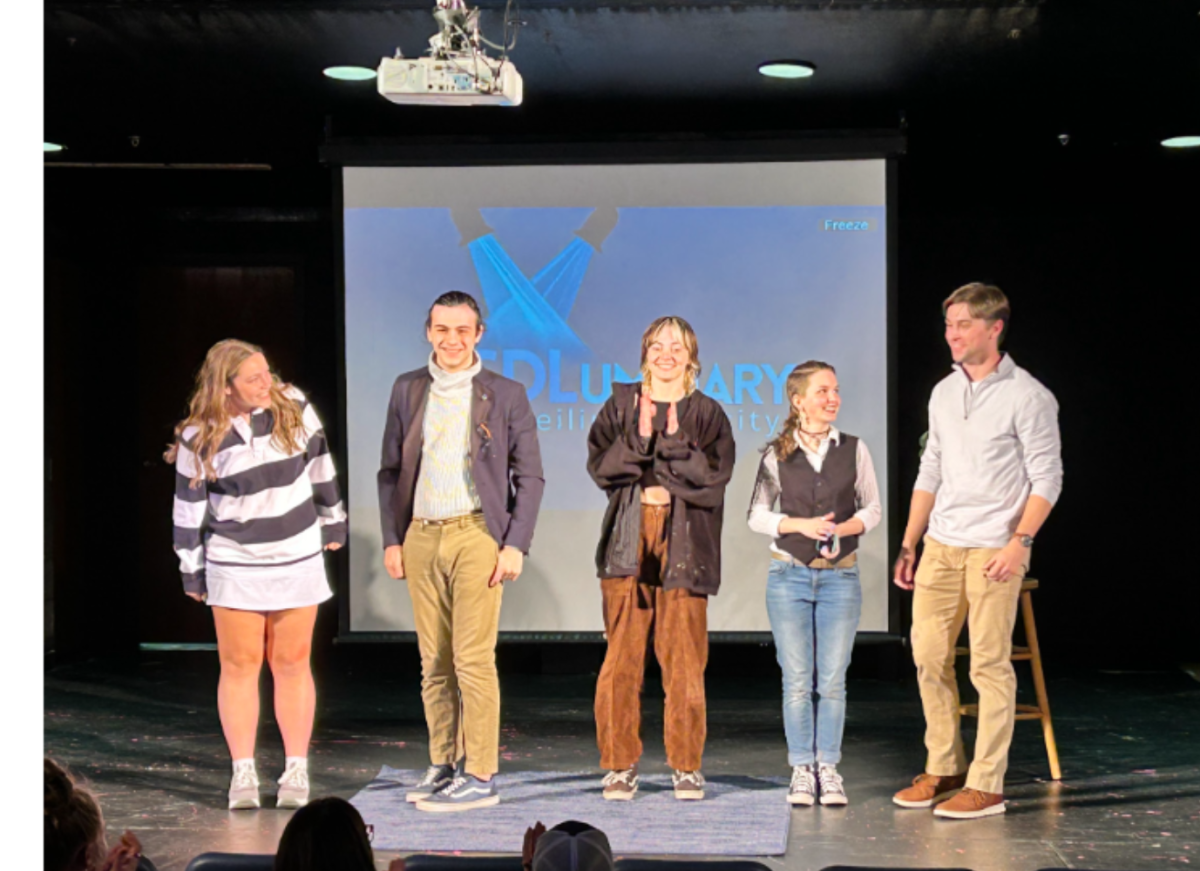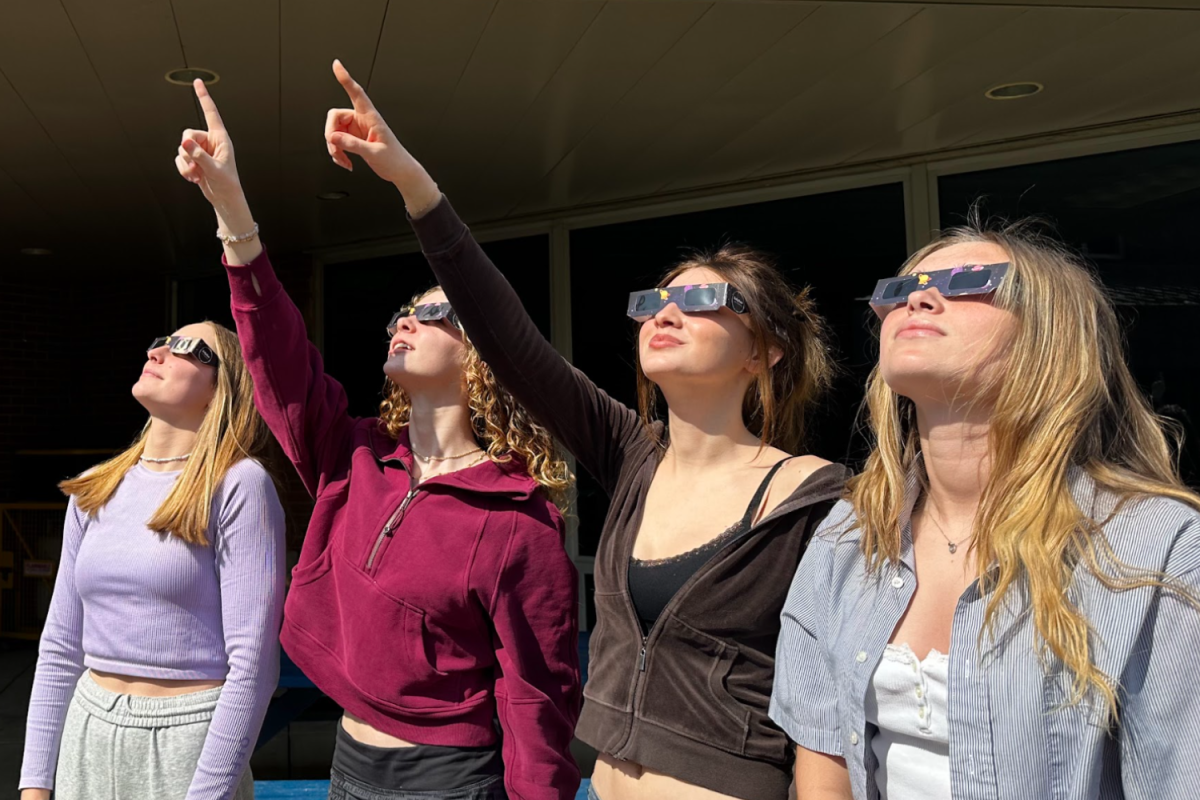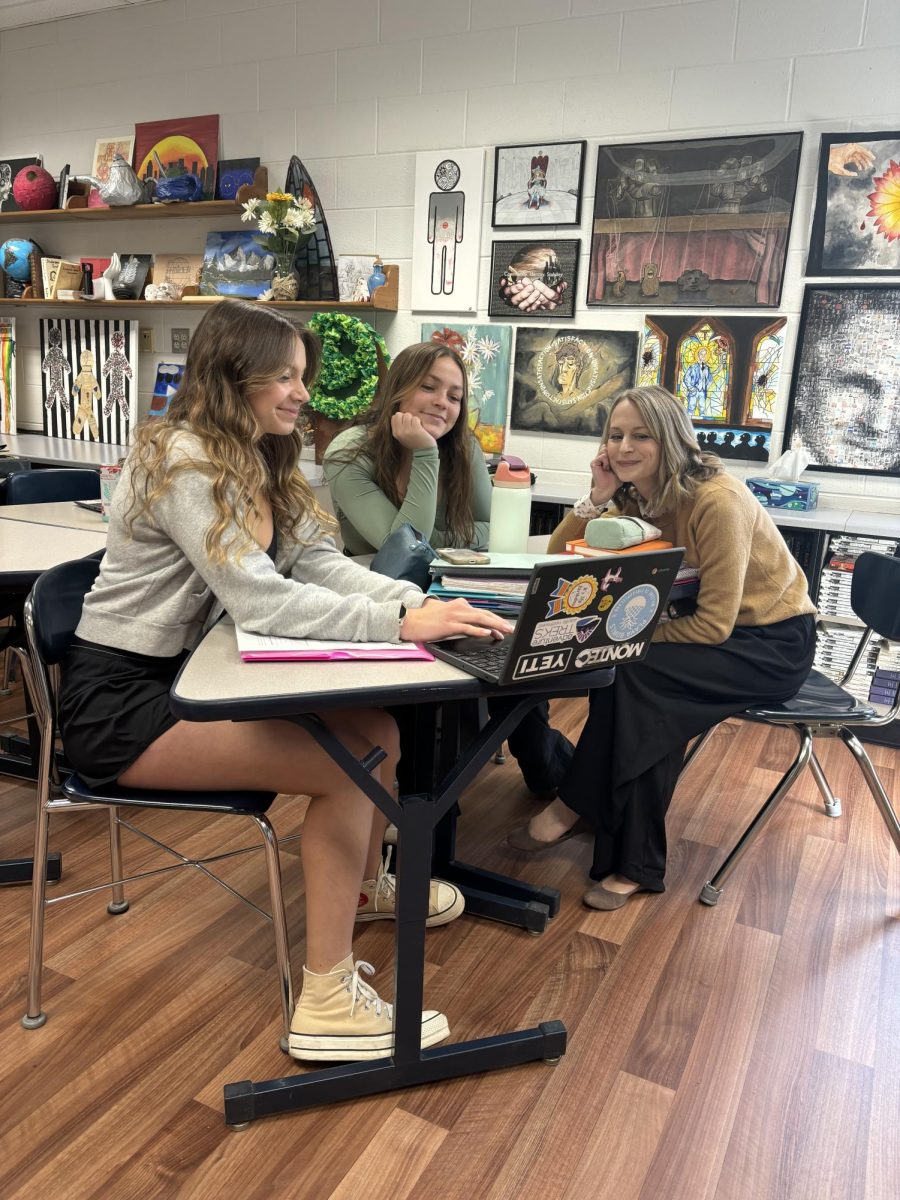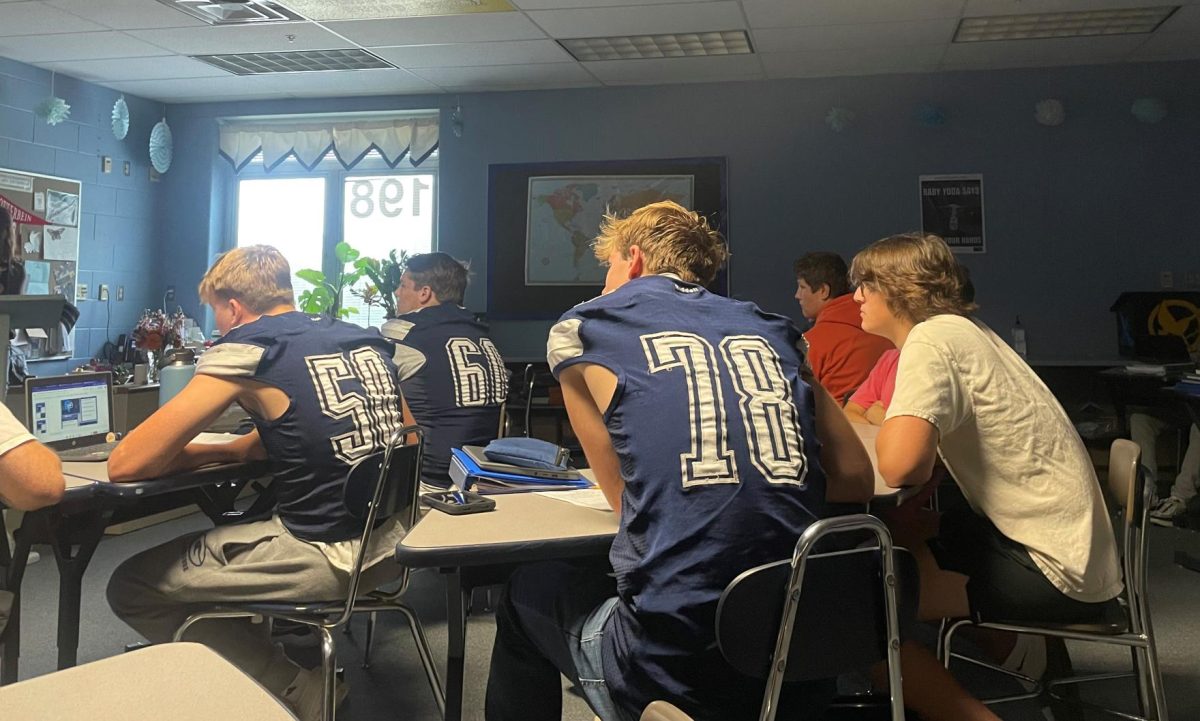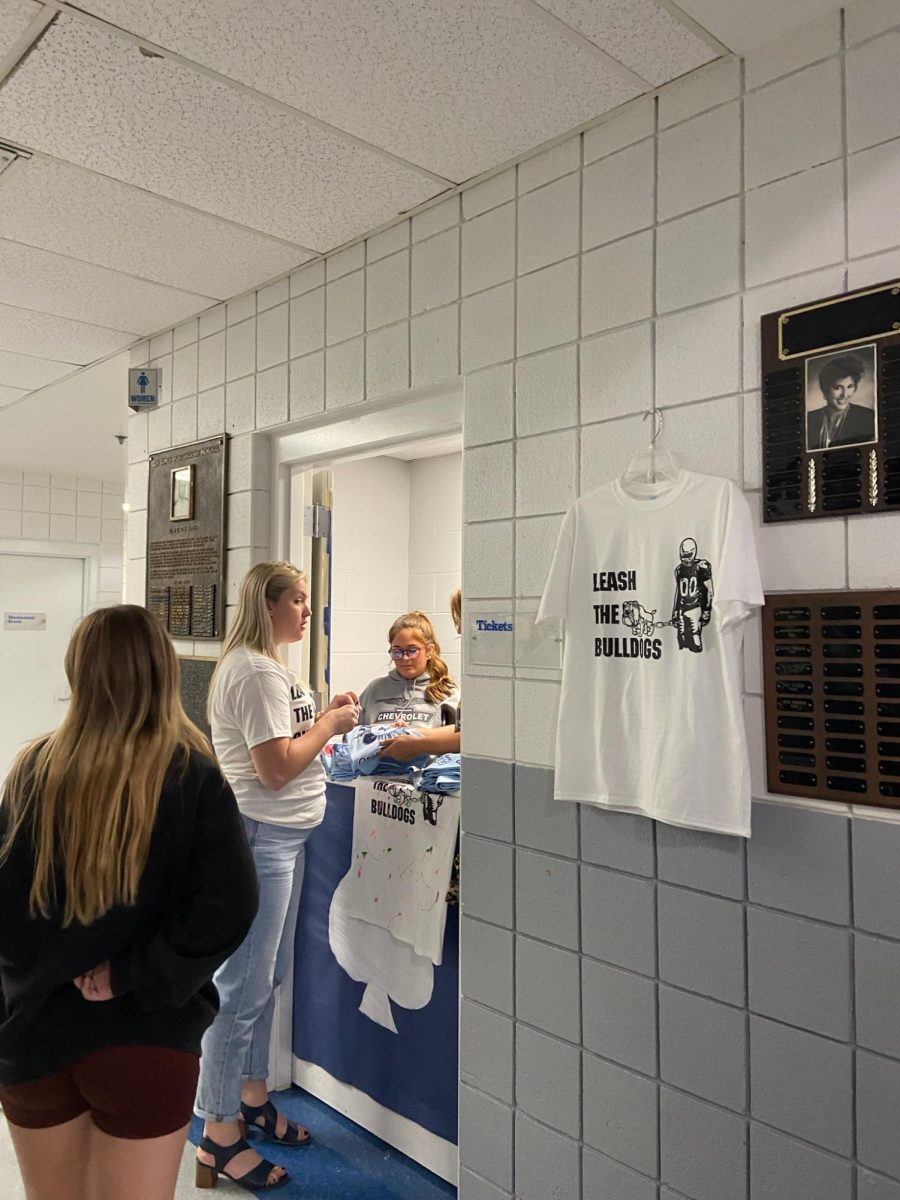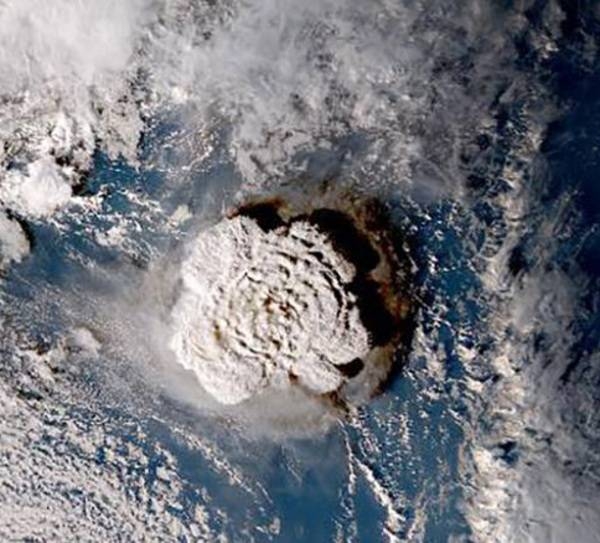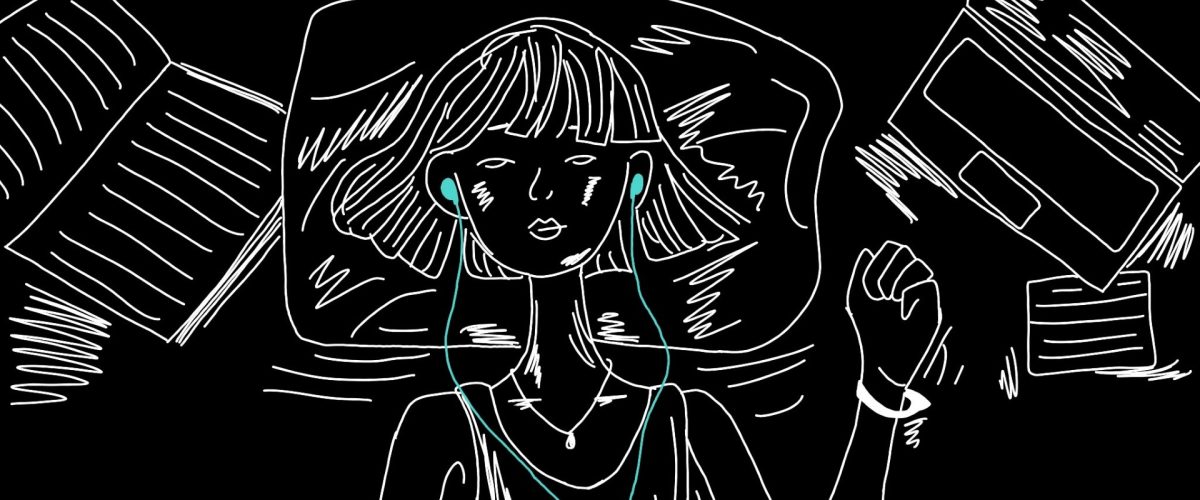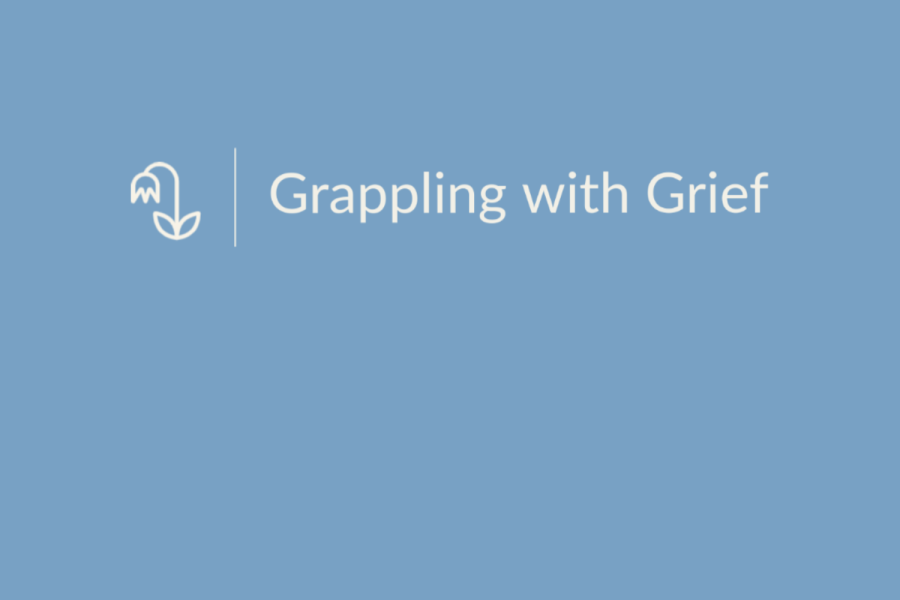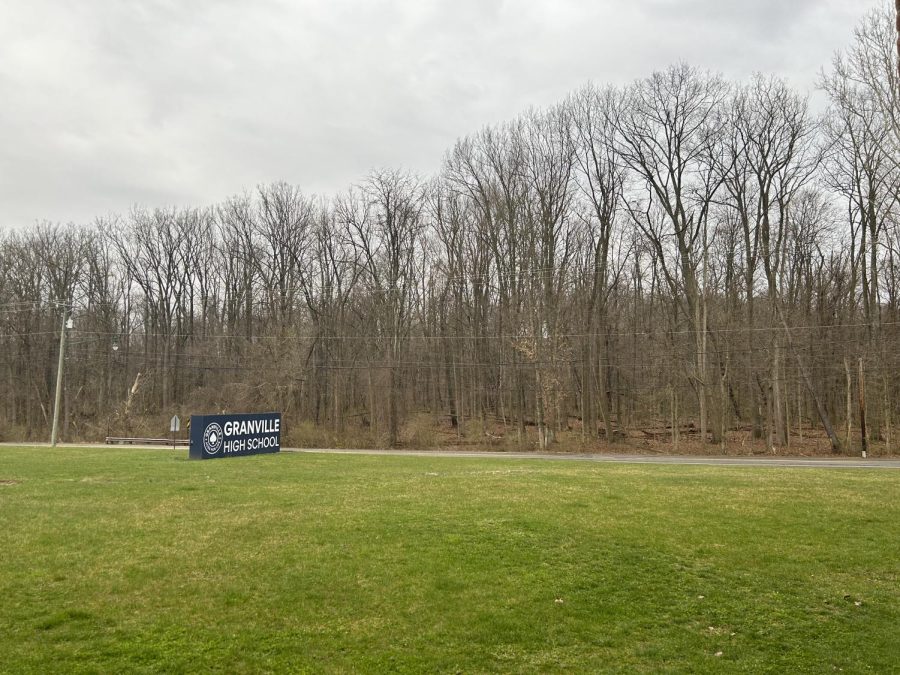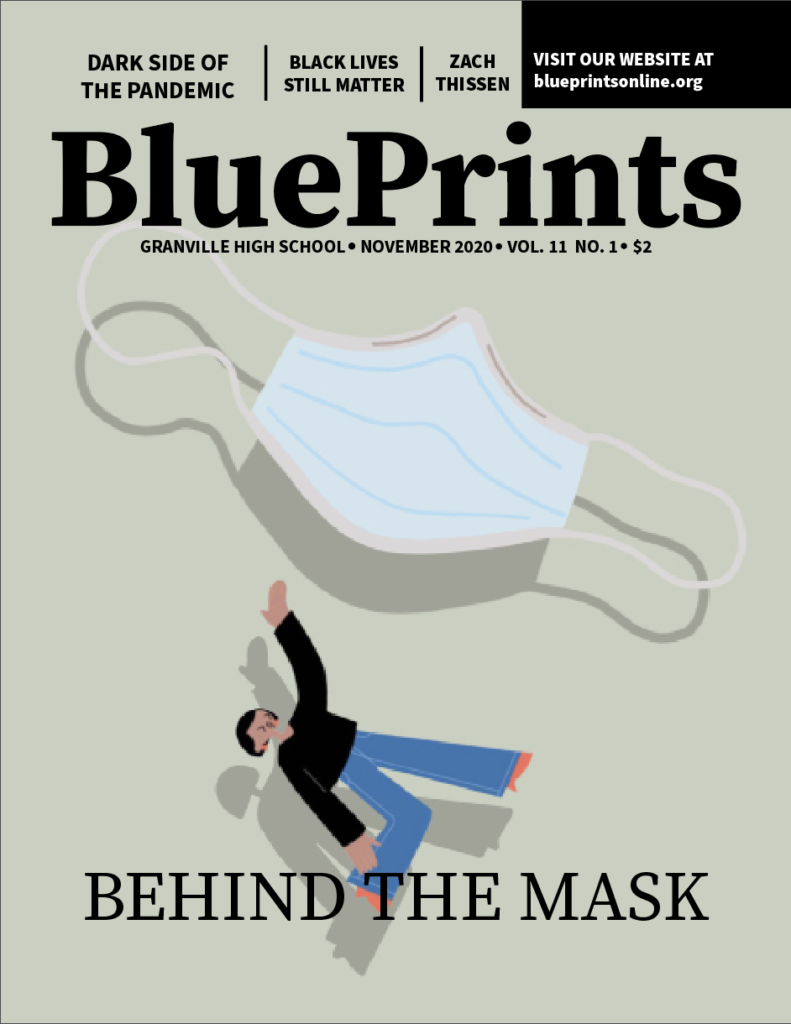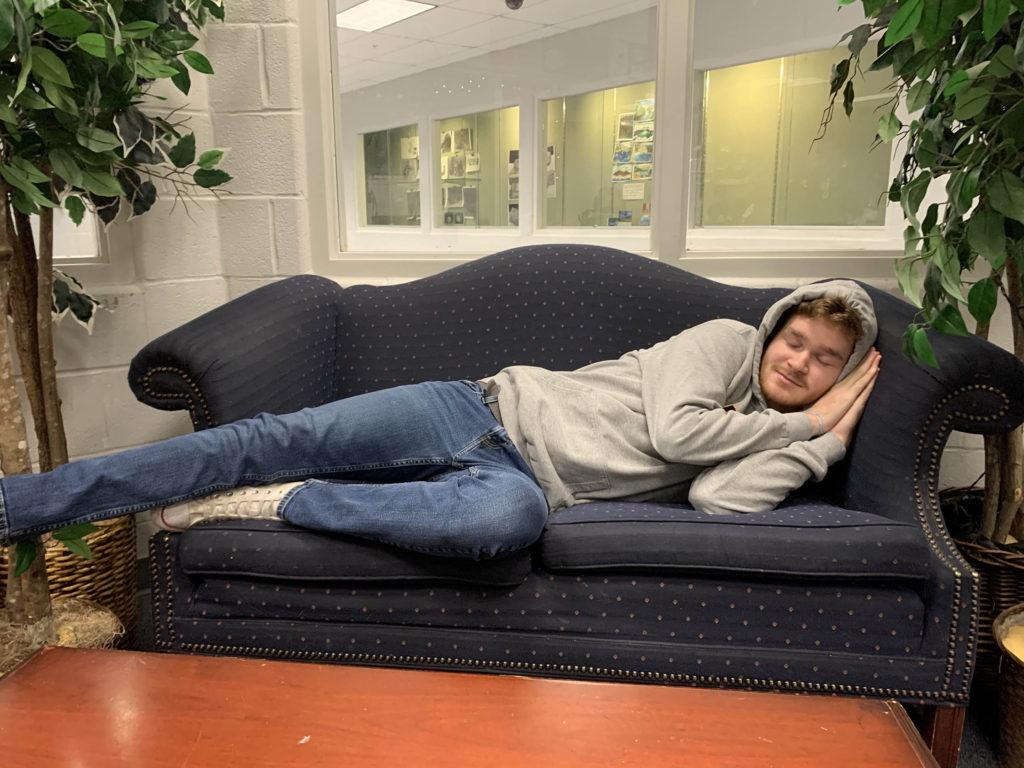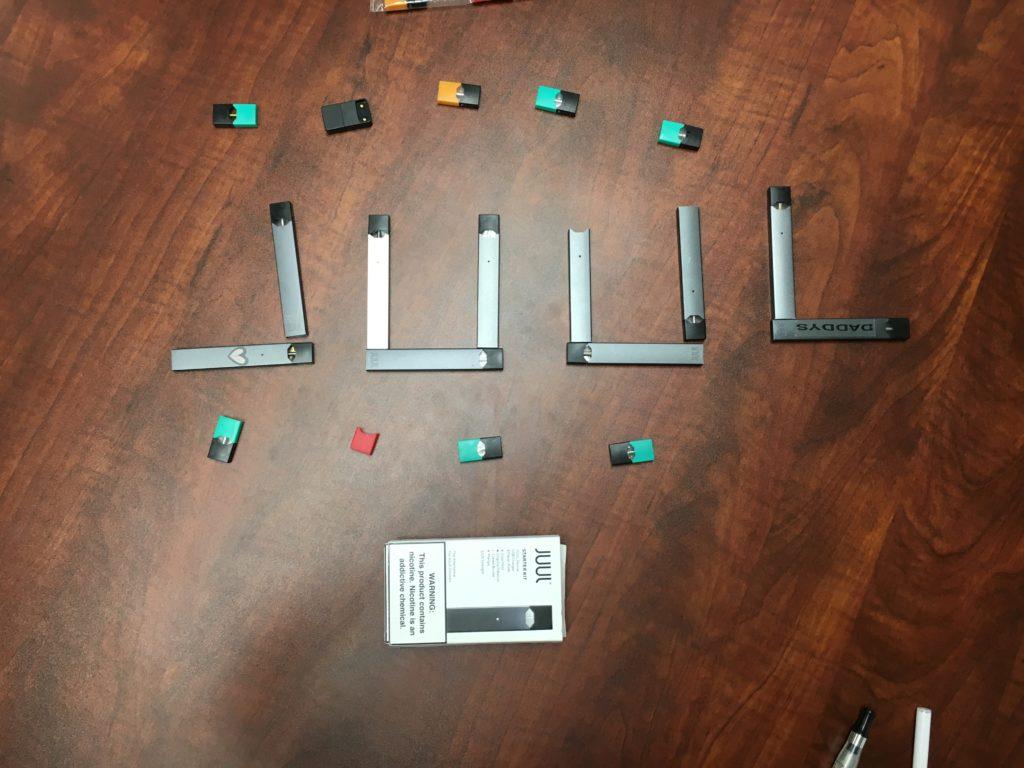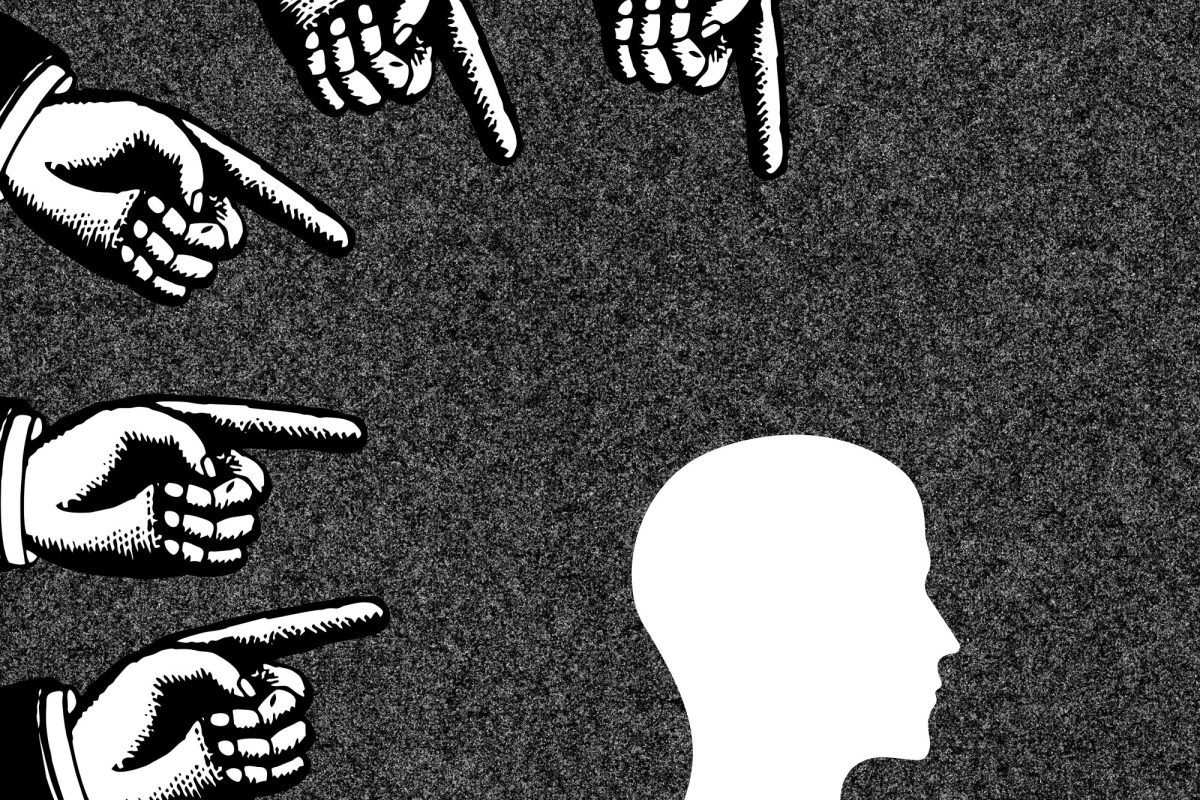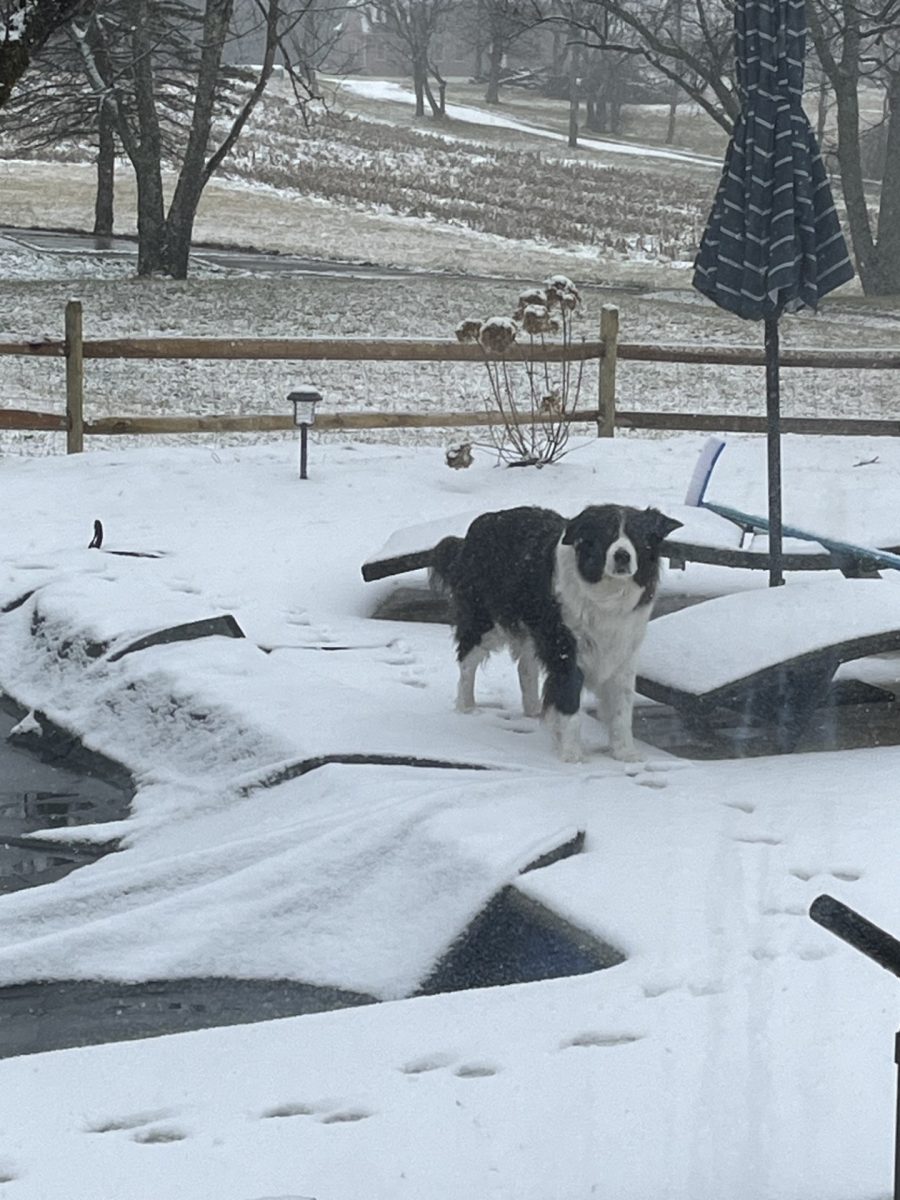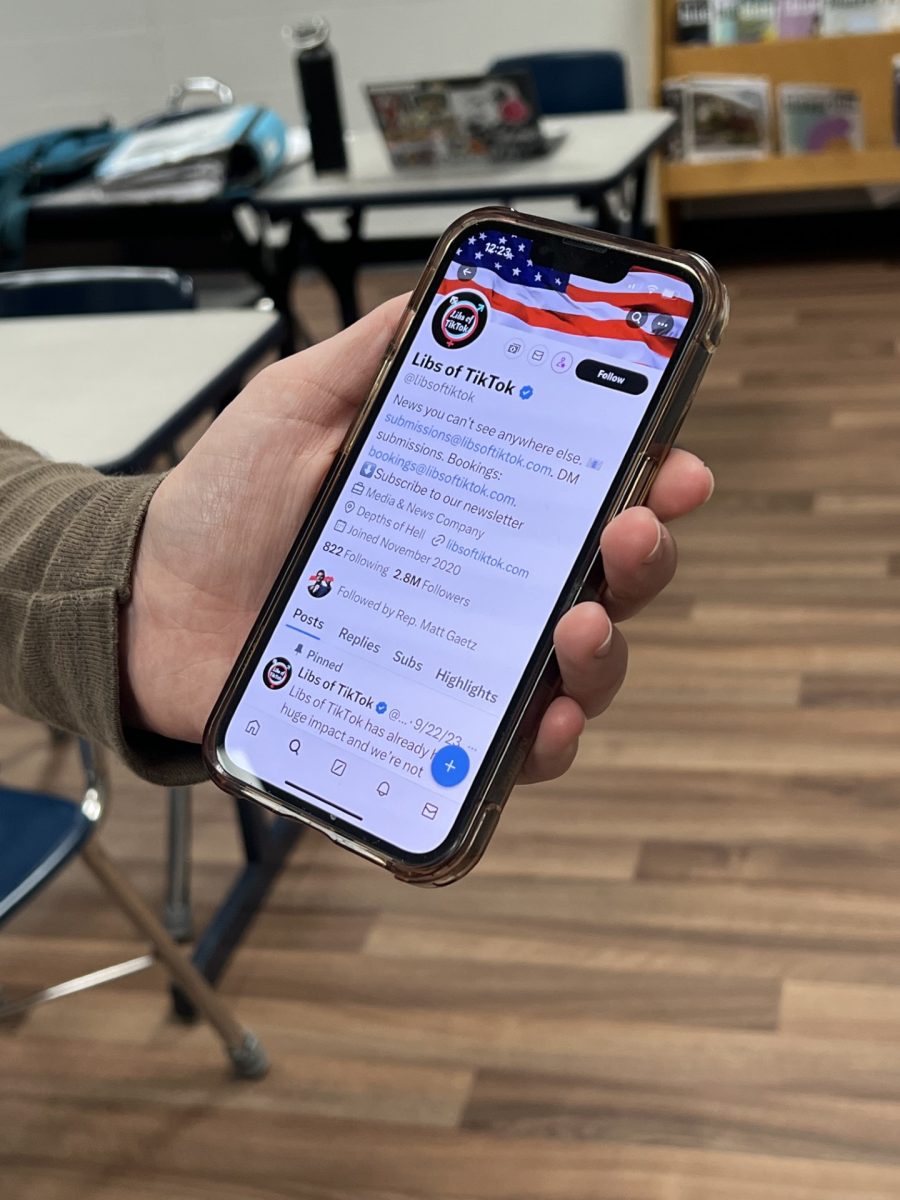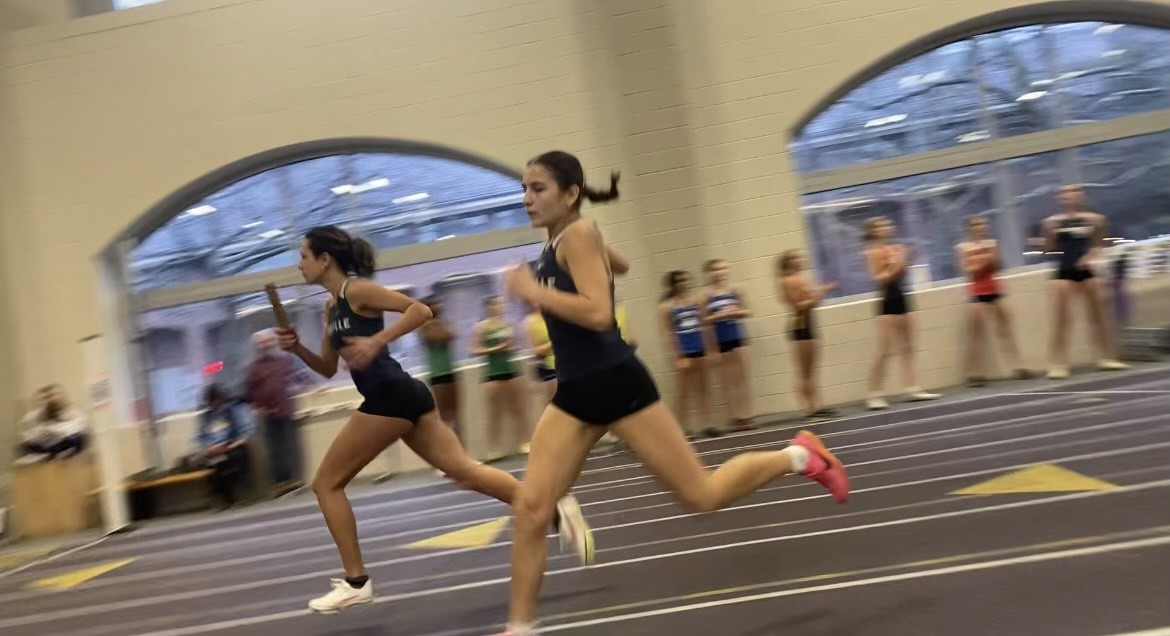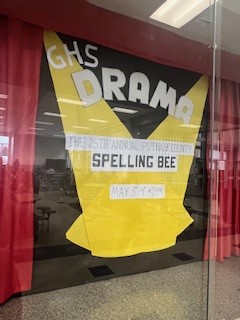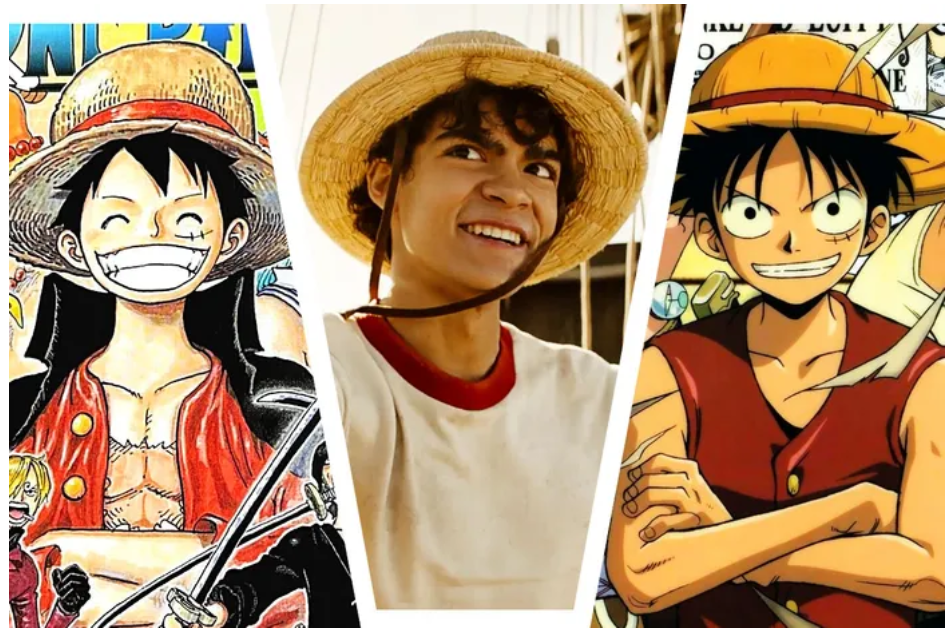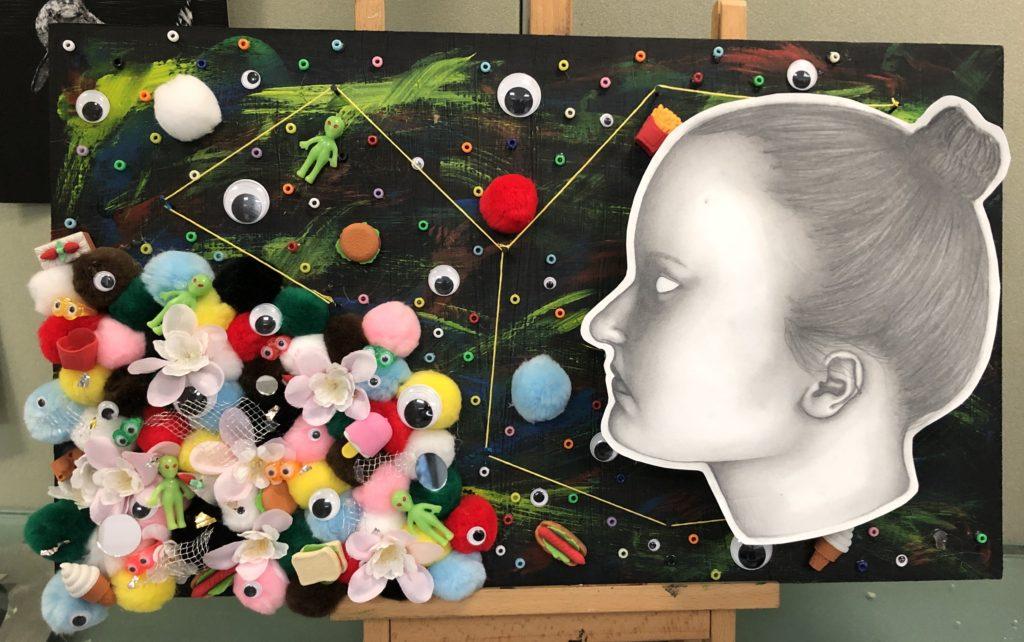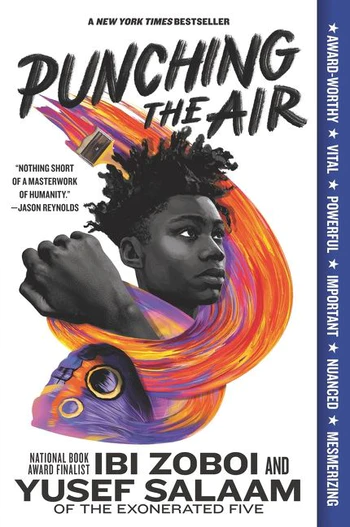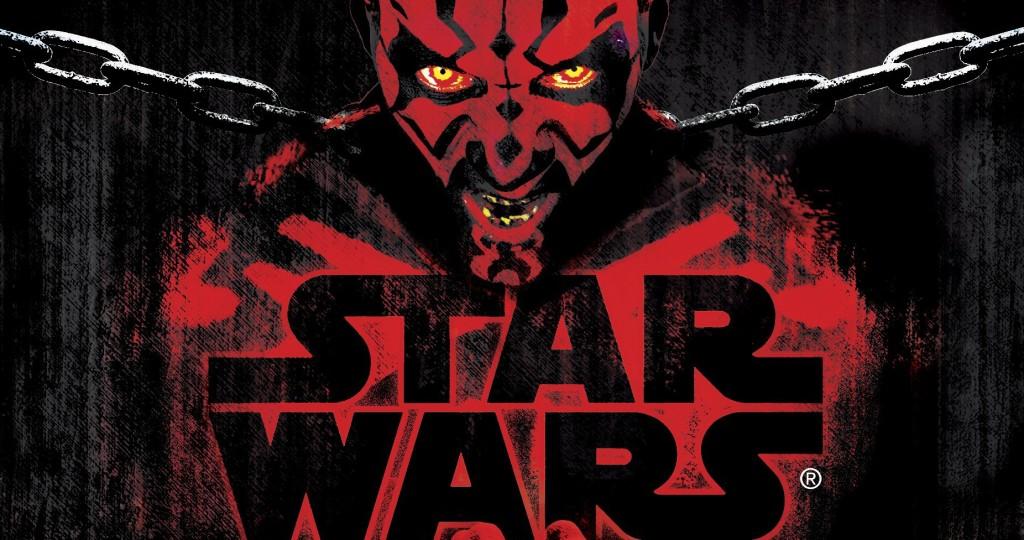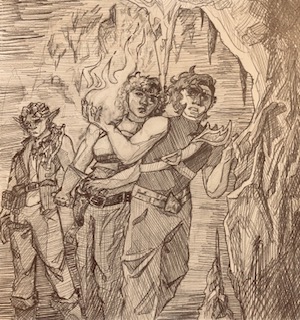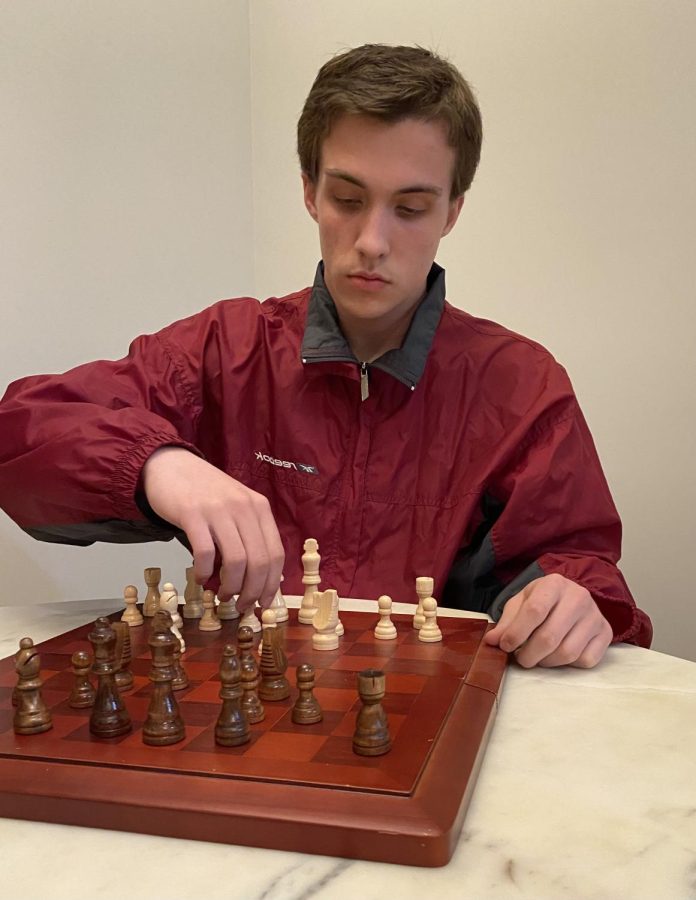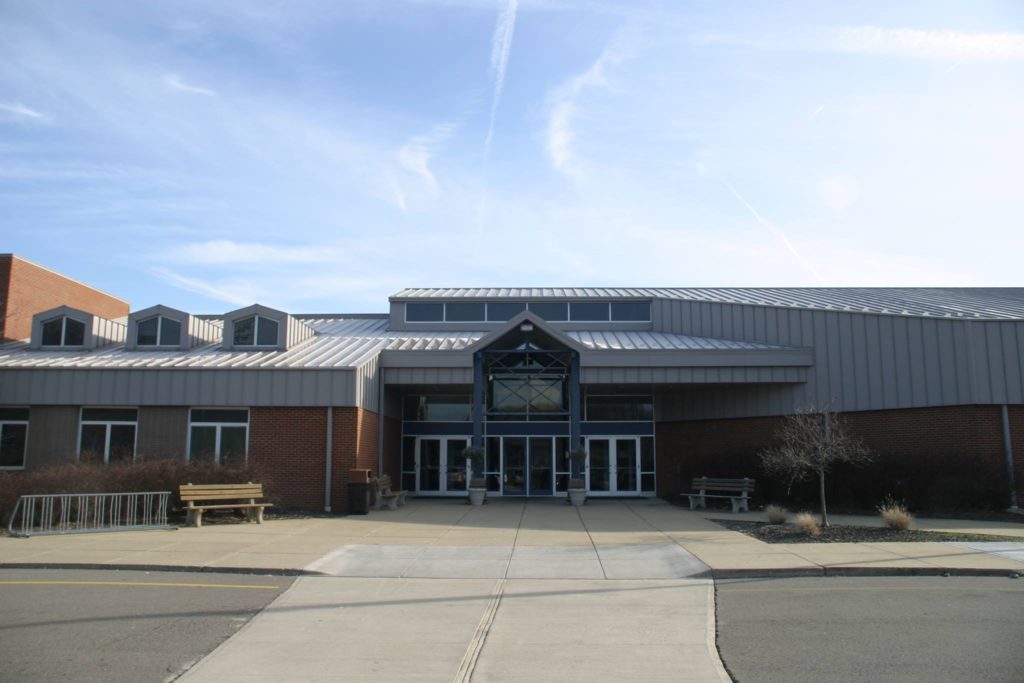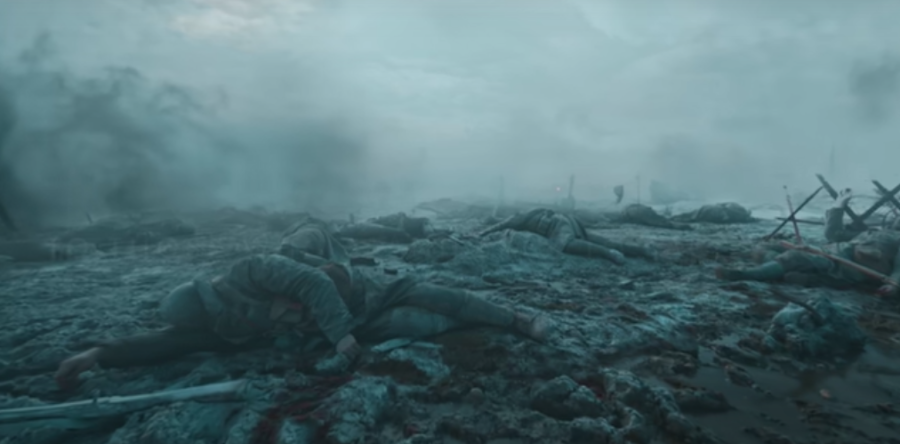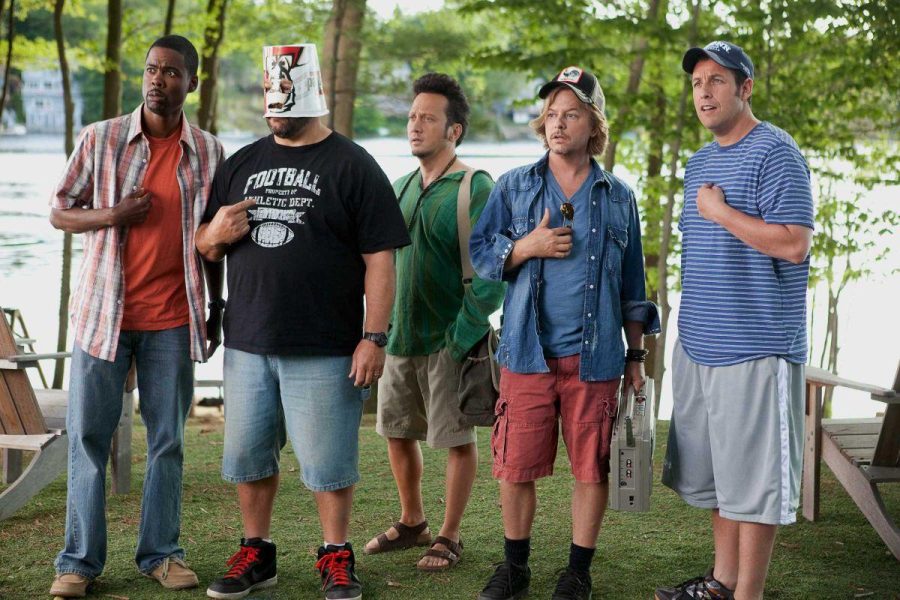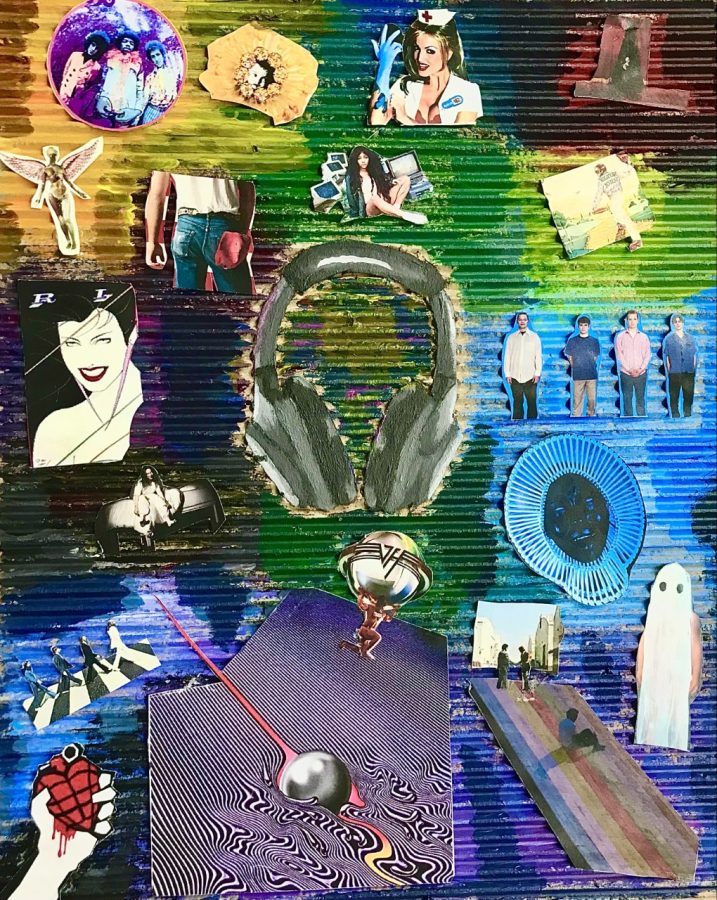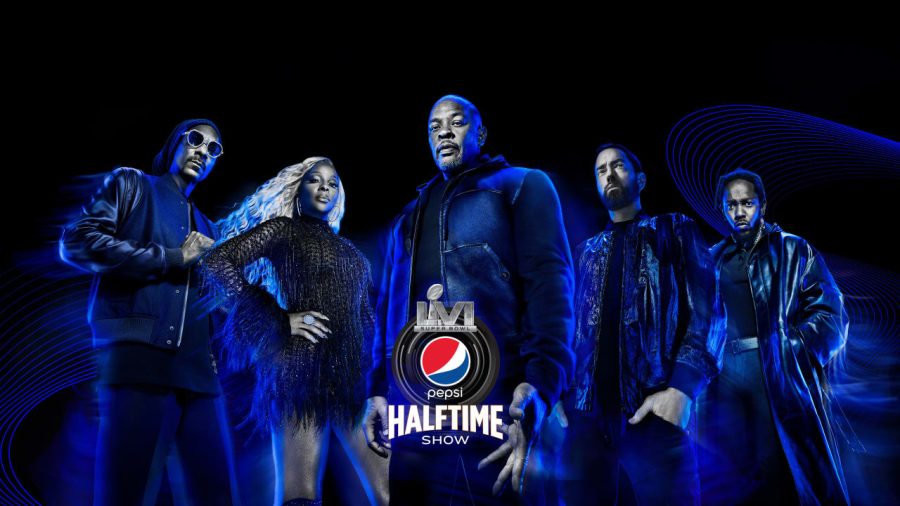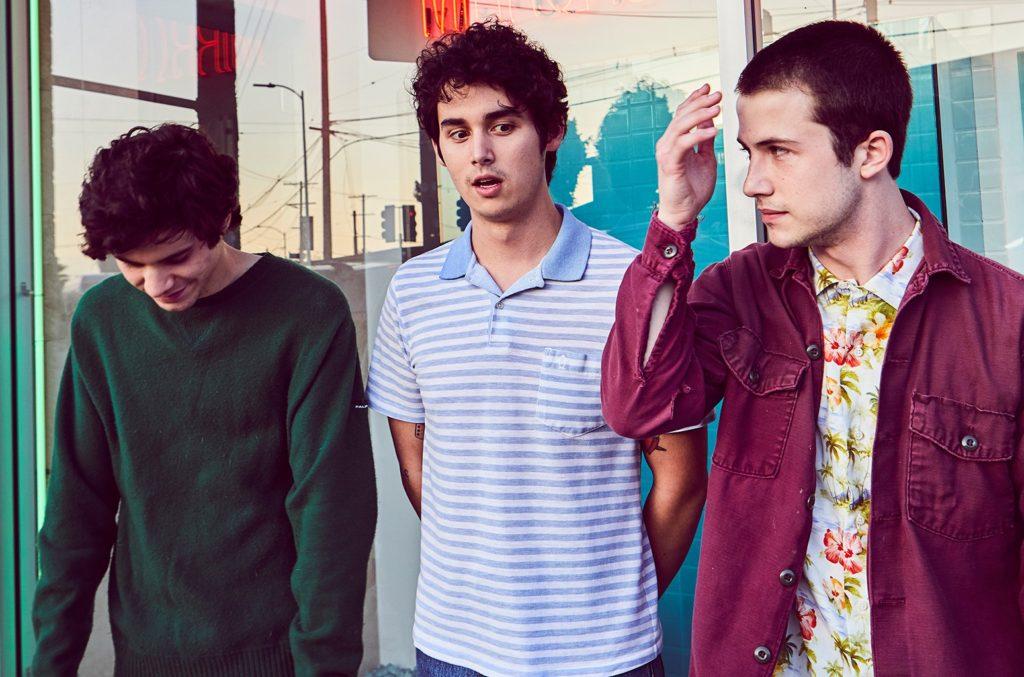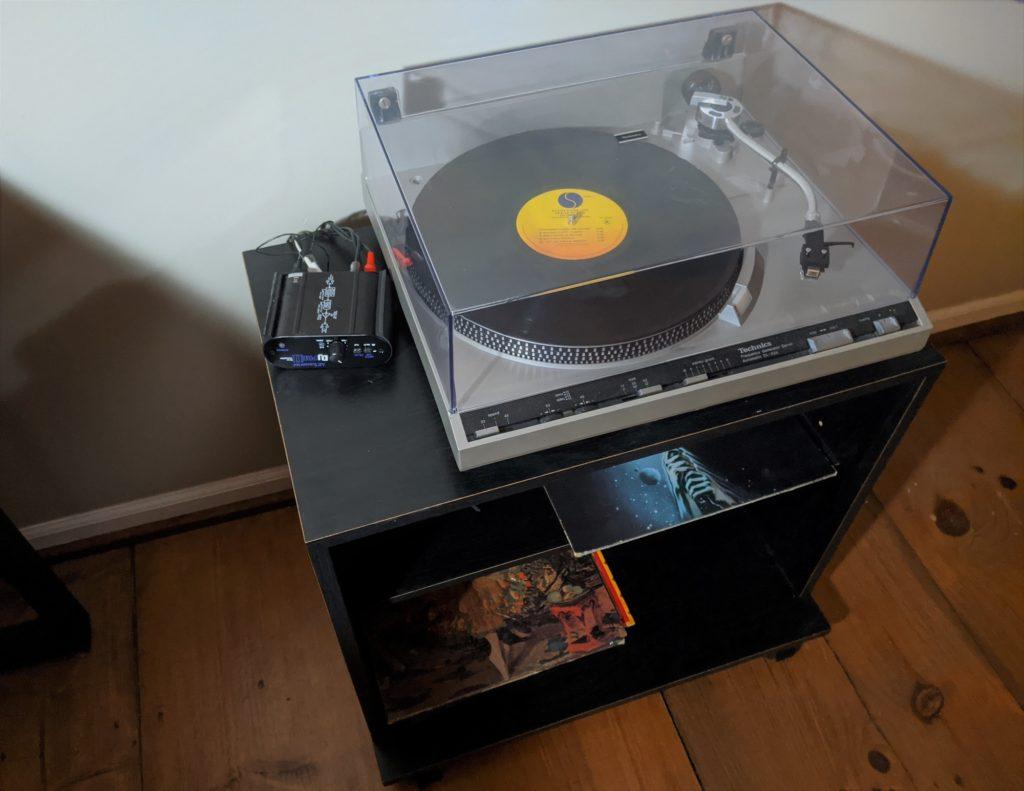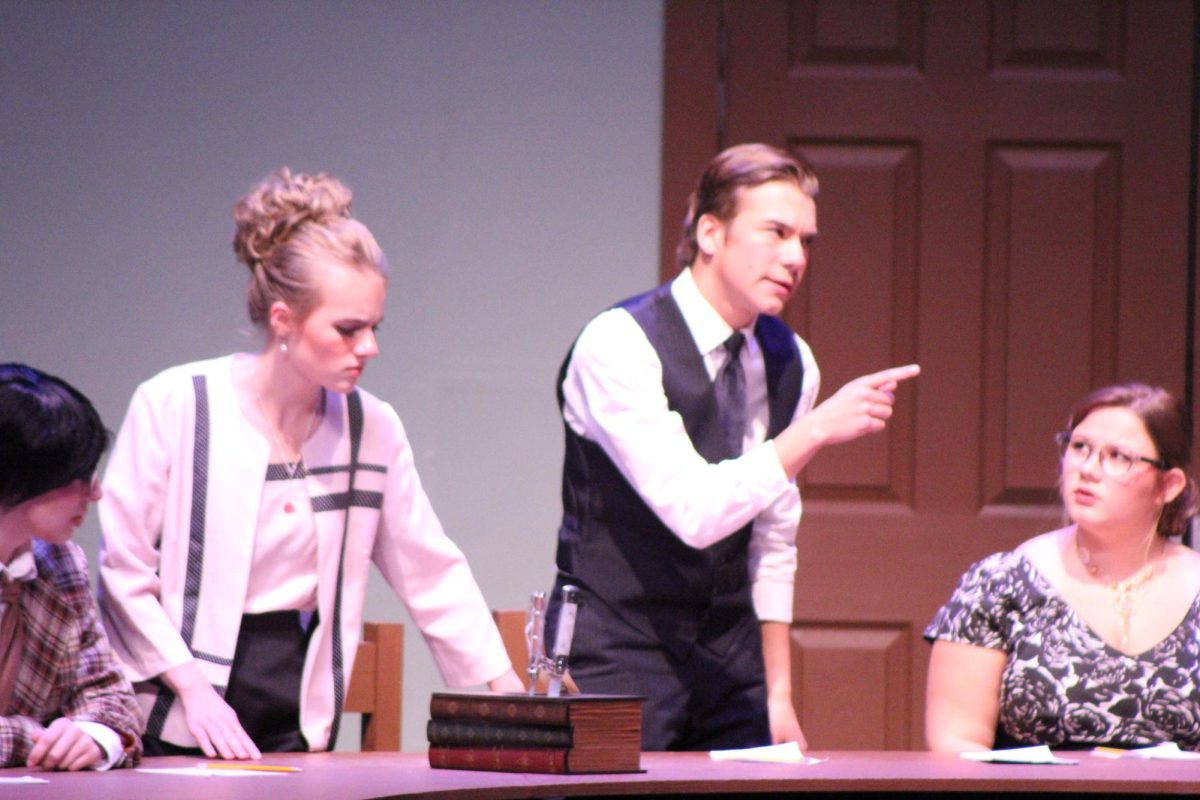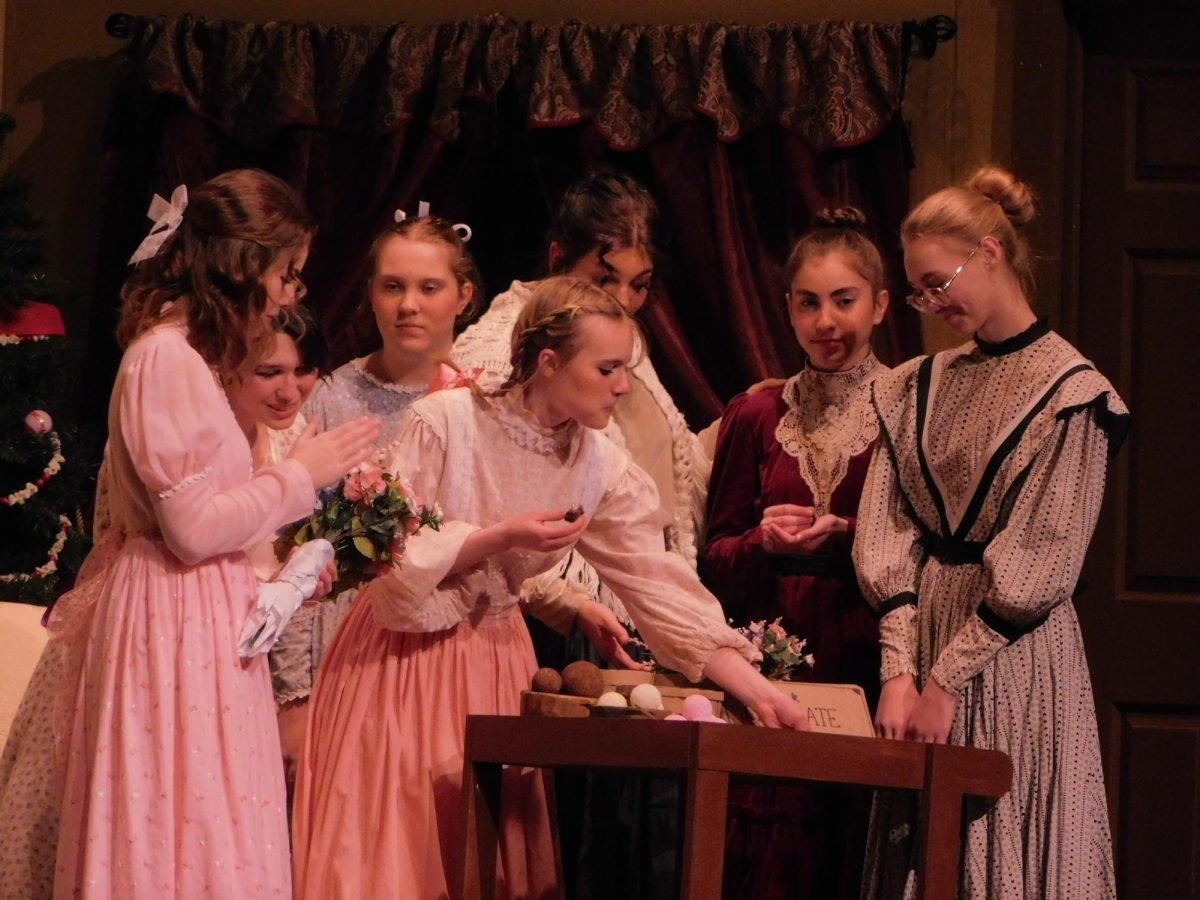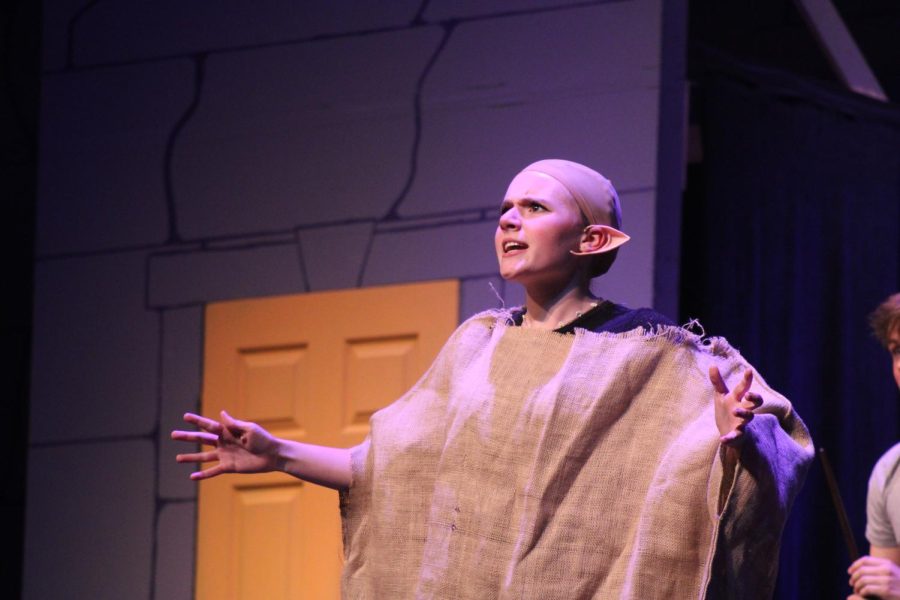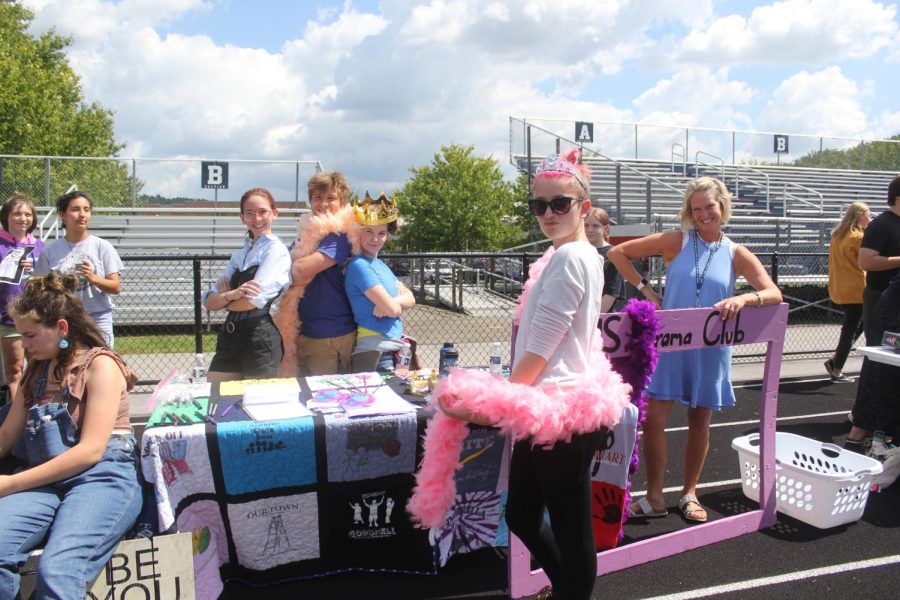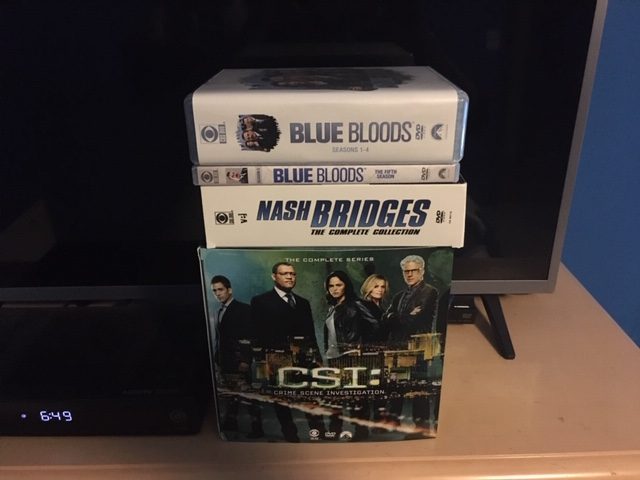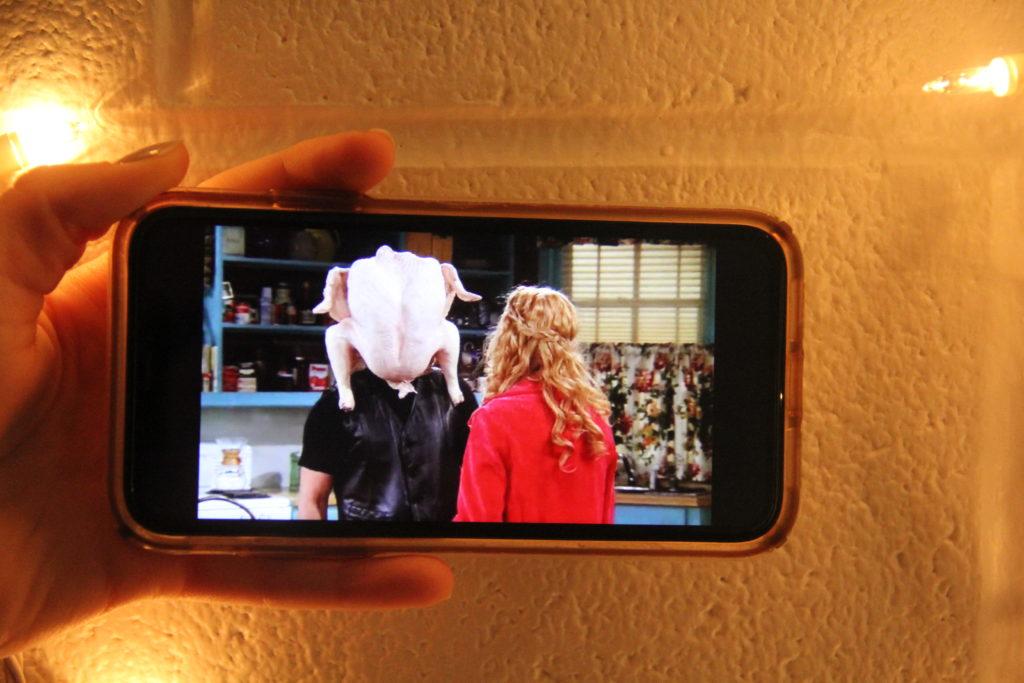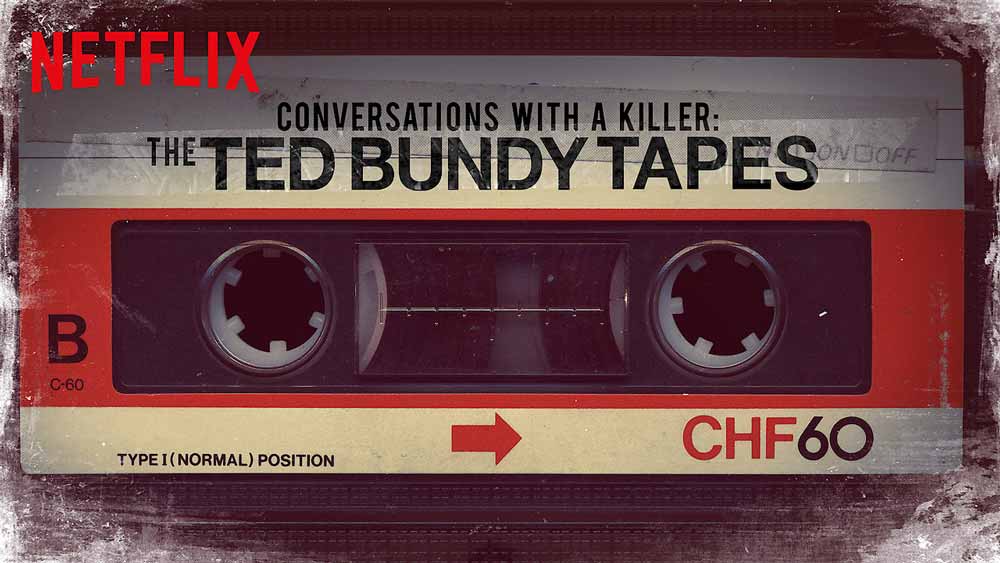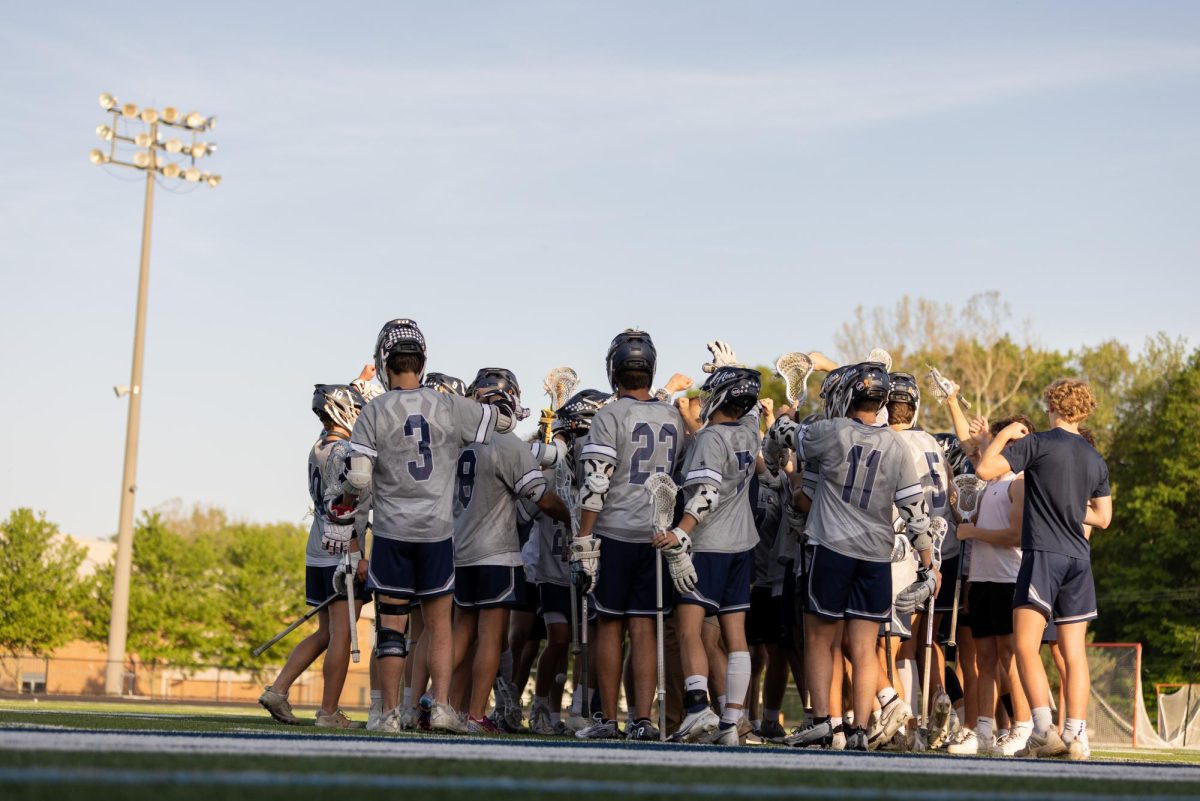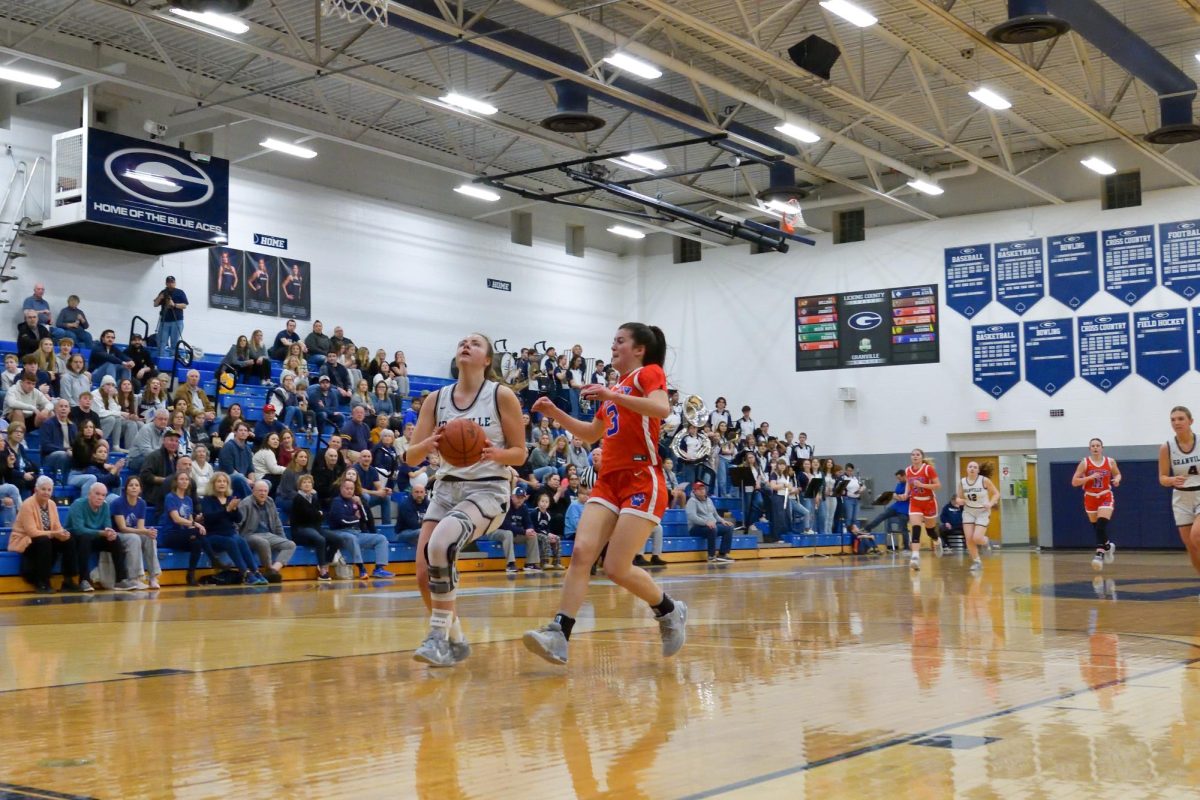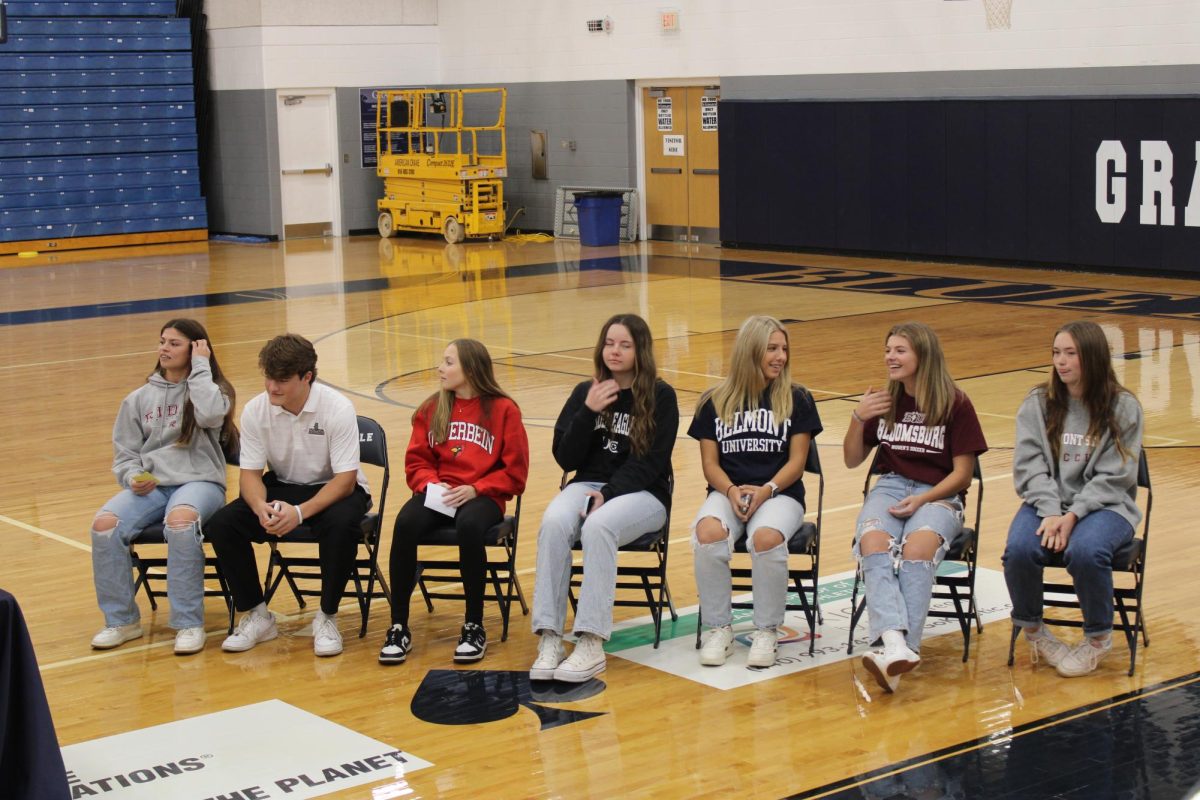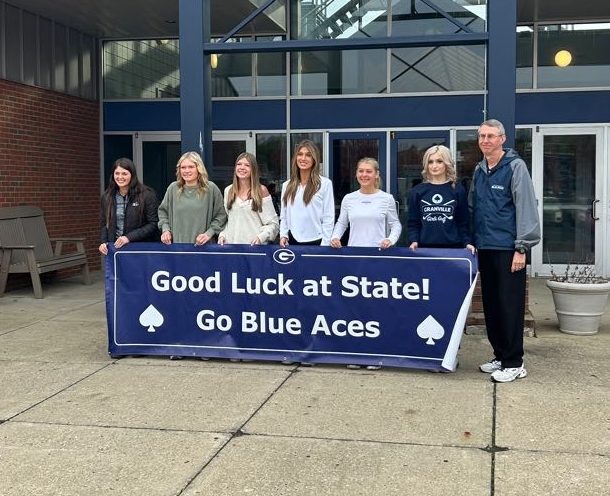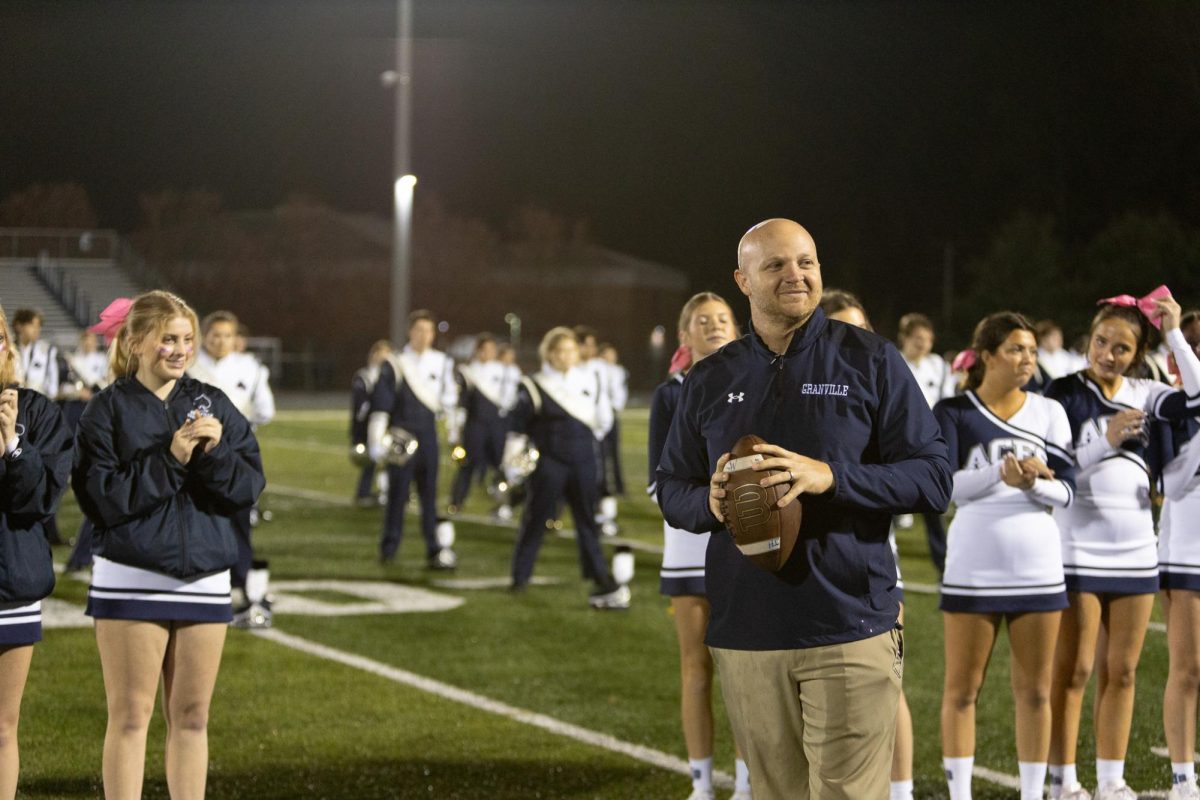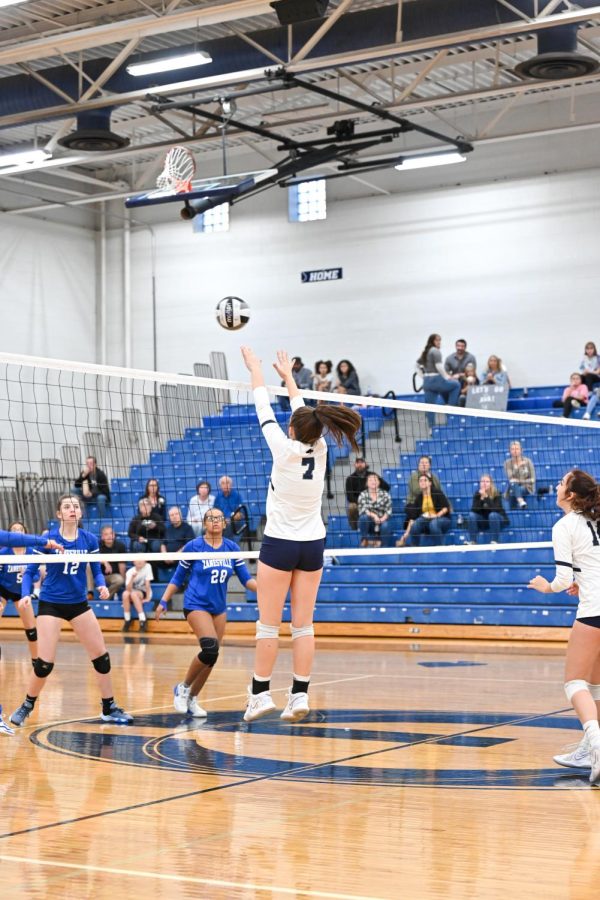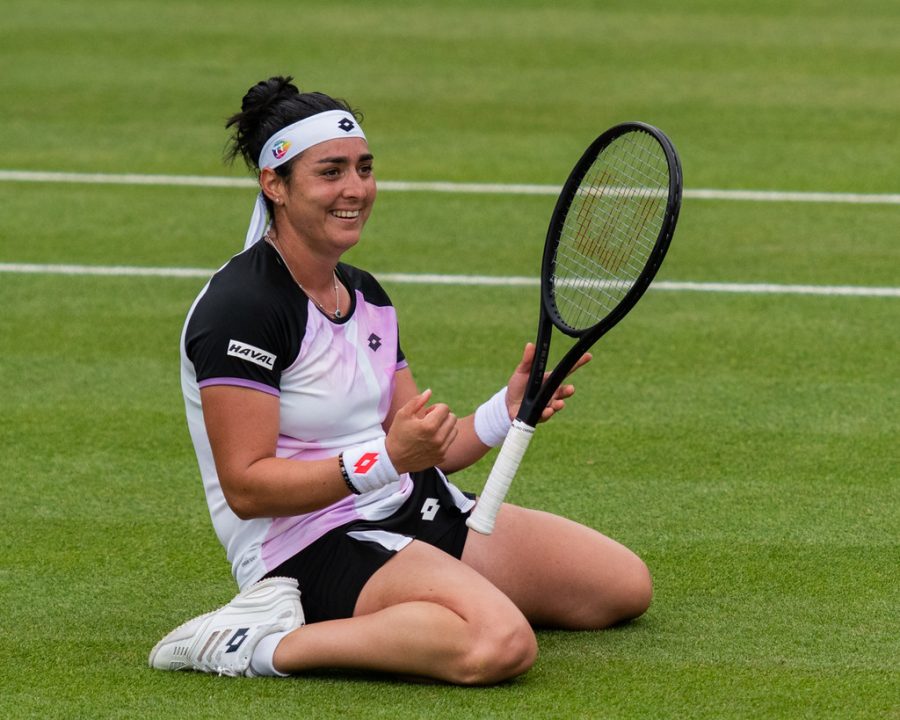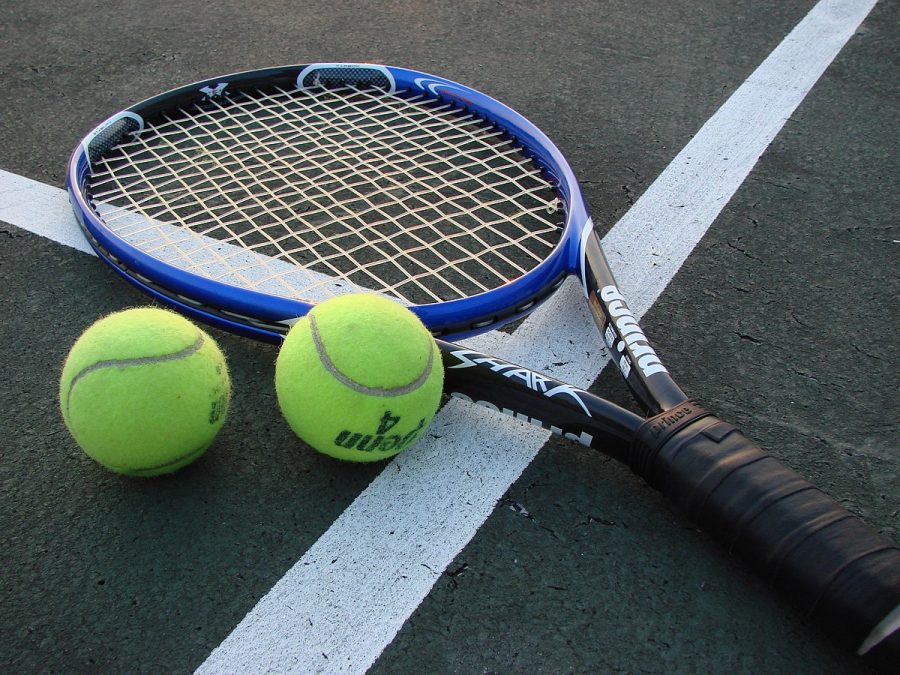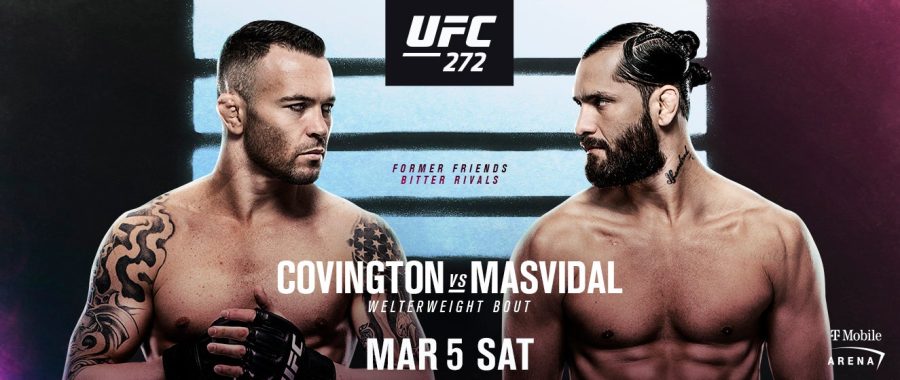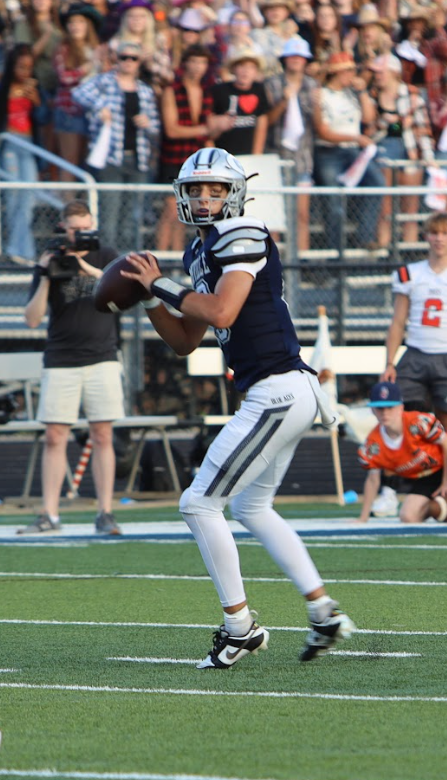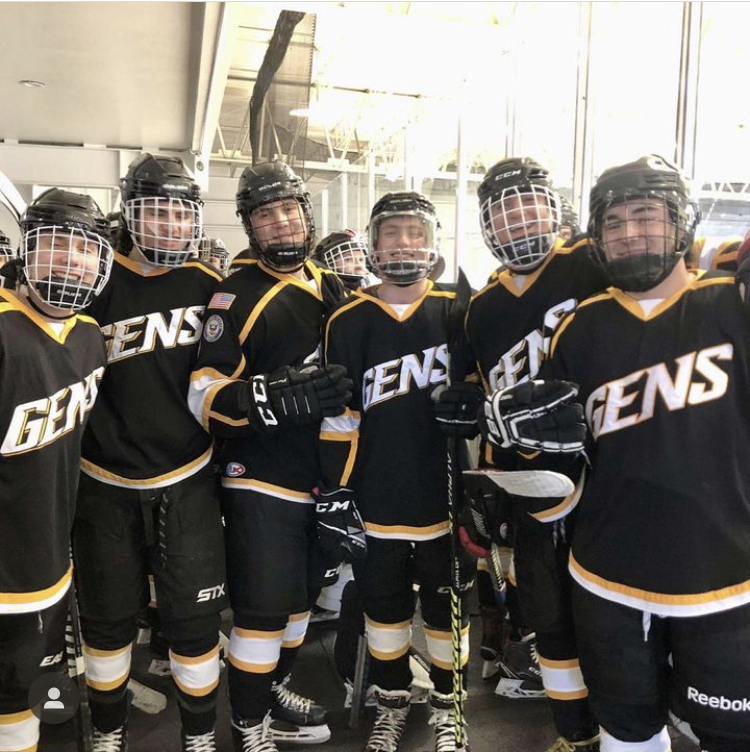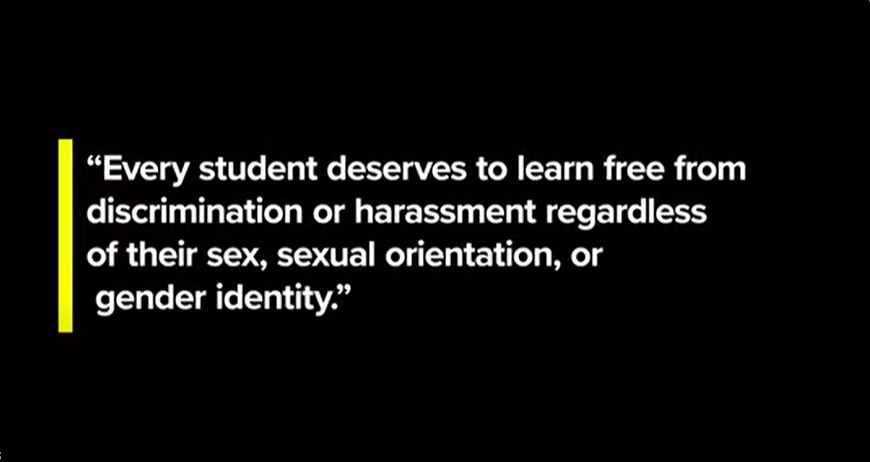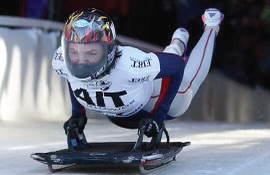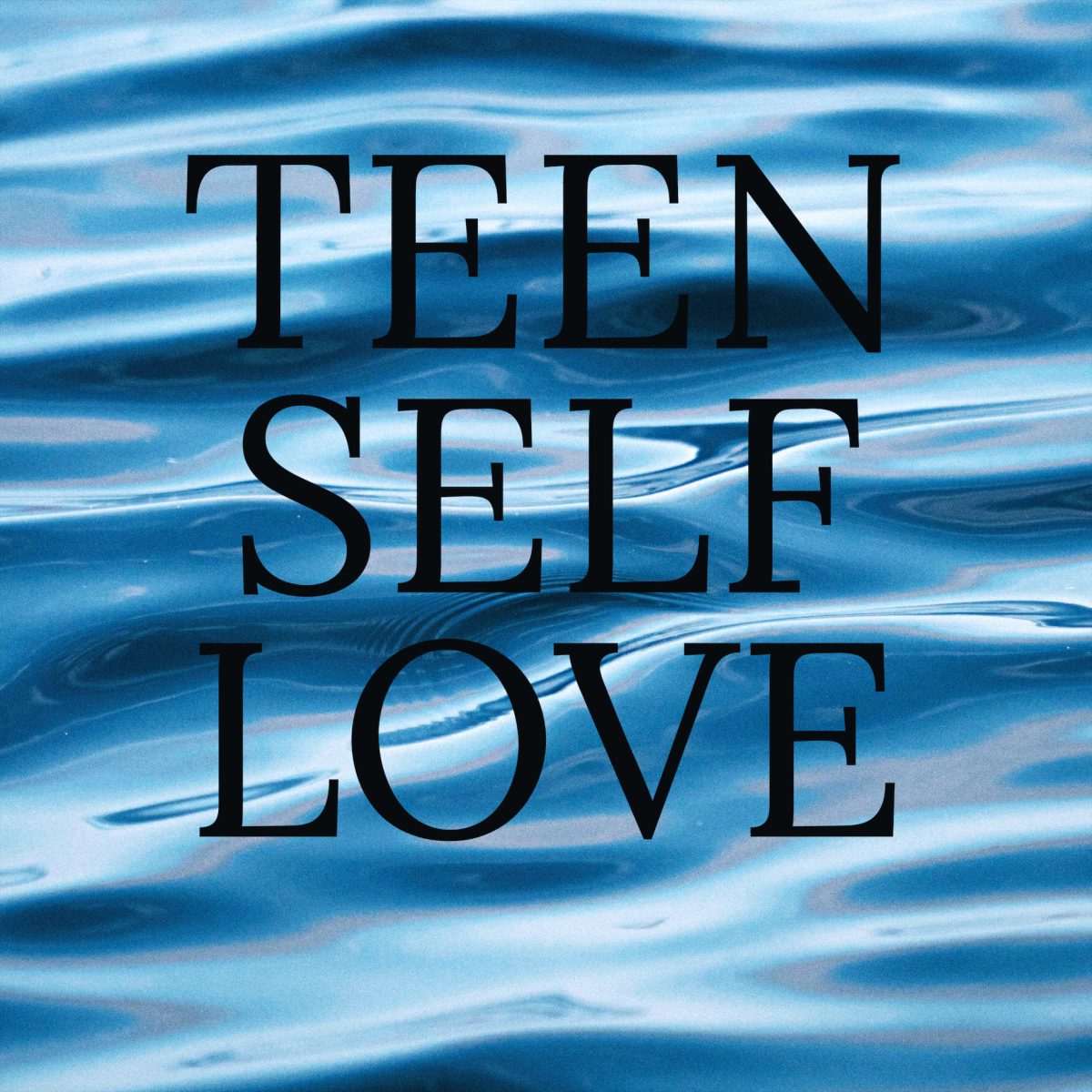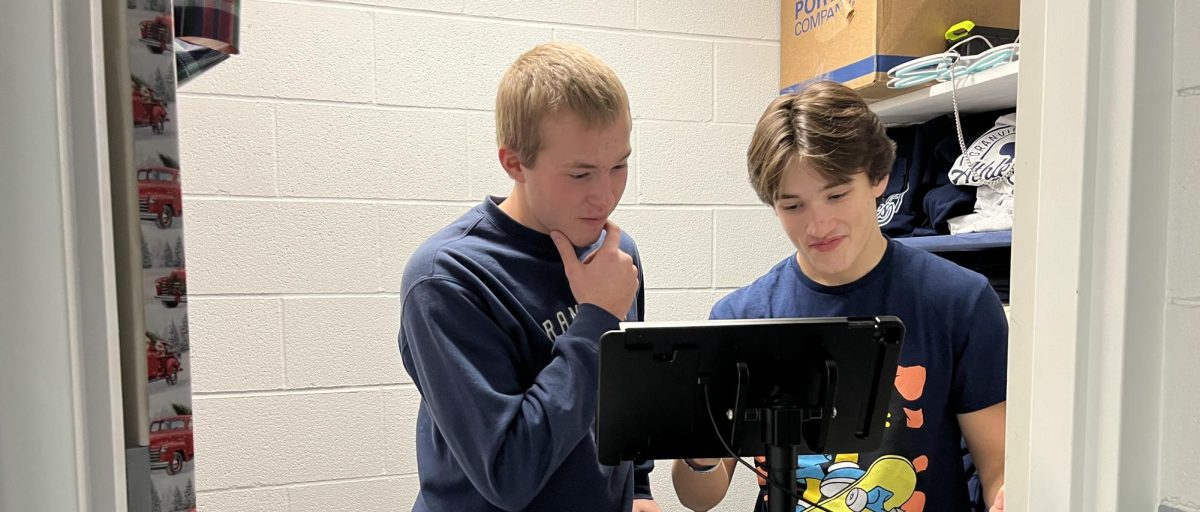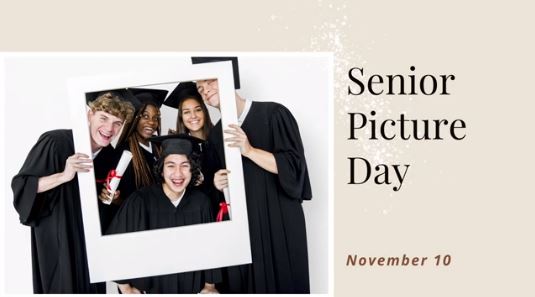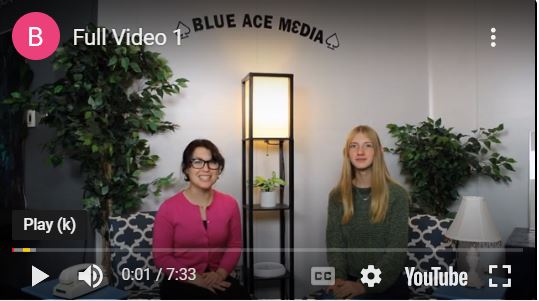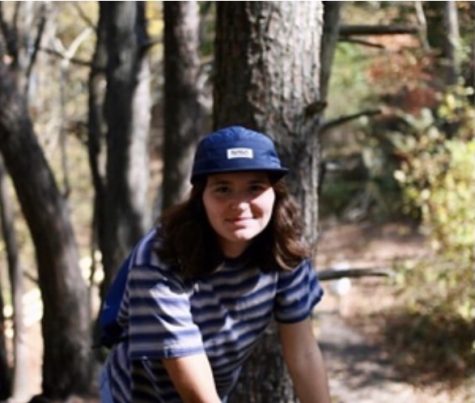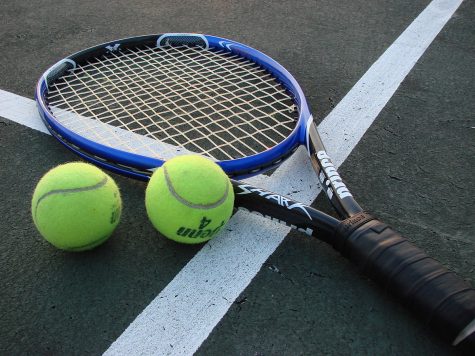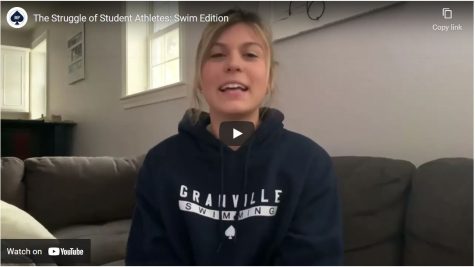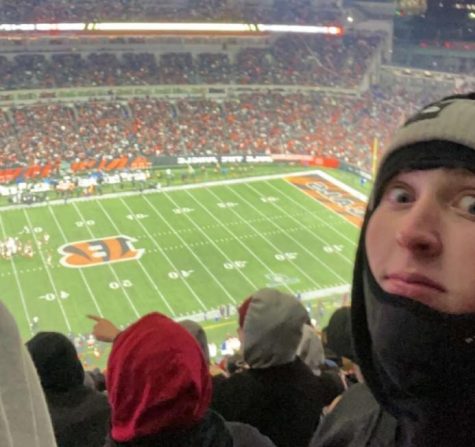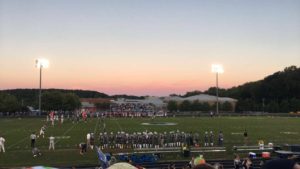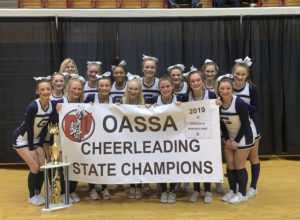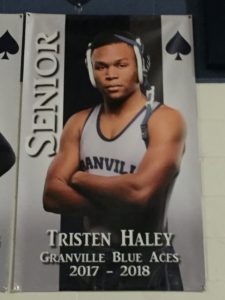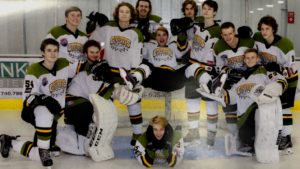Local hockey players weigh in on Mitchell Miller controversy
December 2, 2022
As a student athlete, being pulled up to the big leagues is exciting and honorable. It’s an opportunity not many get, but when the chance comes around, nothing quite matches that feeling. In 2020, 20-year-old Mitchell Miller from Sylvania,Ohio was drafted to the Arizona Coyotes. At the time, he was also playing at the University of North Dakota men’s ice hockey team after playing for a couple teams in the USHL (United States Hockey League). However, in October 2020, the Coyotes renounced Miller’s draft rights to their team and he was dropped from the University of North Dakota team as well. Earlier in November of 2022, the Bruins signed Miller to a three year contract, but two days later, the Bruins decided to part ways with him. The reason for these teams being against Miller have to do with bullying and harassment he subjected a classmate to in middle school.
Miller and another classmate went to Ohio juvenile court in 2016 following charges of assault and violating Ohio Safe School Acts. Miller and the other boy had wiped a piece of candy in a urinal at school and forced a black, mentally challenged classmate, Isaiah Meyer-Crothers, to eat it. The incident was caught on camera, along with the two boys calling Isaiah the n-word and physically abusing him.
This incident resurfaced in an Arizona newspaper article in October 2020 and even came out with more information about how Miller would frequently use racial slurs and say degrading things to black classmates. This news reached the Arizona Coyotes and their president, Bill Armstrong, who collectively decided they wanted to give Miller a second chance to correct his past mistakes. Miller issued an apology to all NHL teams at the time, but never an apology to Isaiah or his family. Isaiah’s mother, Joni, was unhappy about the lack of remorse Miller has shown since then and how the other classmate that had bullied Isaiah, gave him a proper and sincere apology. The Coyotes received backlash and criticism for their decision to give Miller a contract, and with more thought to the situation, the Coyotes renounced the draft rights and the University of North Dakota hockey team also forced him to stop playing for them.
Here in Granville, there are a number of young men and women who play ice hockey for various organizations all across the Columbus area. With Miller being from Sylvania, where many teams play during the season, this situation can hit close to home for some.
“If I was on the ice with him, I would not be happy at all about that.” said senior Hayden Locher, a player for the Newark Generals Ice Hockey varsity team. “I feel he should definitely face some consequences.”
The only thing worse than playing against a player like Miller, would be having to call him a teammate.
“I’d be devastated to be on a team with him,”says Locher, “I wouldn’t want to be around him or want him to be on my team.”
In a high school level league like the Newark Generals, a punishment for a recent bullying incident makes sense. Coaches and officials would not allow a young athlete who had done something like that to represent their league and compete with other players.
“He would definitely get kicked out of our league,” says Locher, “the Generals wouldn’t tolerate that.”
However, playing in a professional league is a bit different. The incident took place many years before Miller was drafted. This causes a bit of a stir when considering if the Bruins and Coyotes had made the right decision to let him go.
“I feel like letting him go was a good decision,” continues Locher. “Maybe if he apologized but even with that probably not, I feel like they made the right decision.”
The Coyotes even gave Miller a second chance to redeem himself and apologize for his actions, though it happened years ago. People had mixed feelings about the team giving him a second chance because of what he did and how long ago it was.
“In 8th grade I feel like your mind is developed enough to know what you’re doing,” Locher says, “and to the level of what he did, I don’t feel like he needed a second chance.”
Young people, especially athletes, can forget sometimes that what is done in middle school or high school can still affect them even after college. It is important to be mindful of actions that are done around this time in an athlete’s life.
“I feel something like that should determine someone’s future sports career.” says Locher.
The NHL makes a clear point to welcome all races, genders, sexualities, and abilities into the sport. This goes for the sport as a whole and having someone like Miller on a team goes against that belief. No one should have to watch their abuser succeed while they still recover from the abuse that was inflicted on them, no matter how long ago it was.
“NHL players should be role models and someone you can look up to, and Miller is definitely not a role model. They have to be inspirational,” Locher says, “I’ve always looked up to a few players when I was growing up to motivate me, so if I looked up to someone like Miller it would’ve had a negative impact on me as a player and teammate.”


